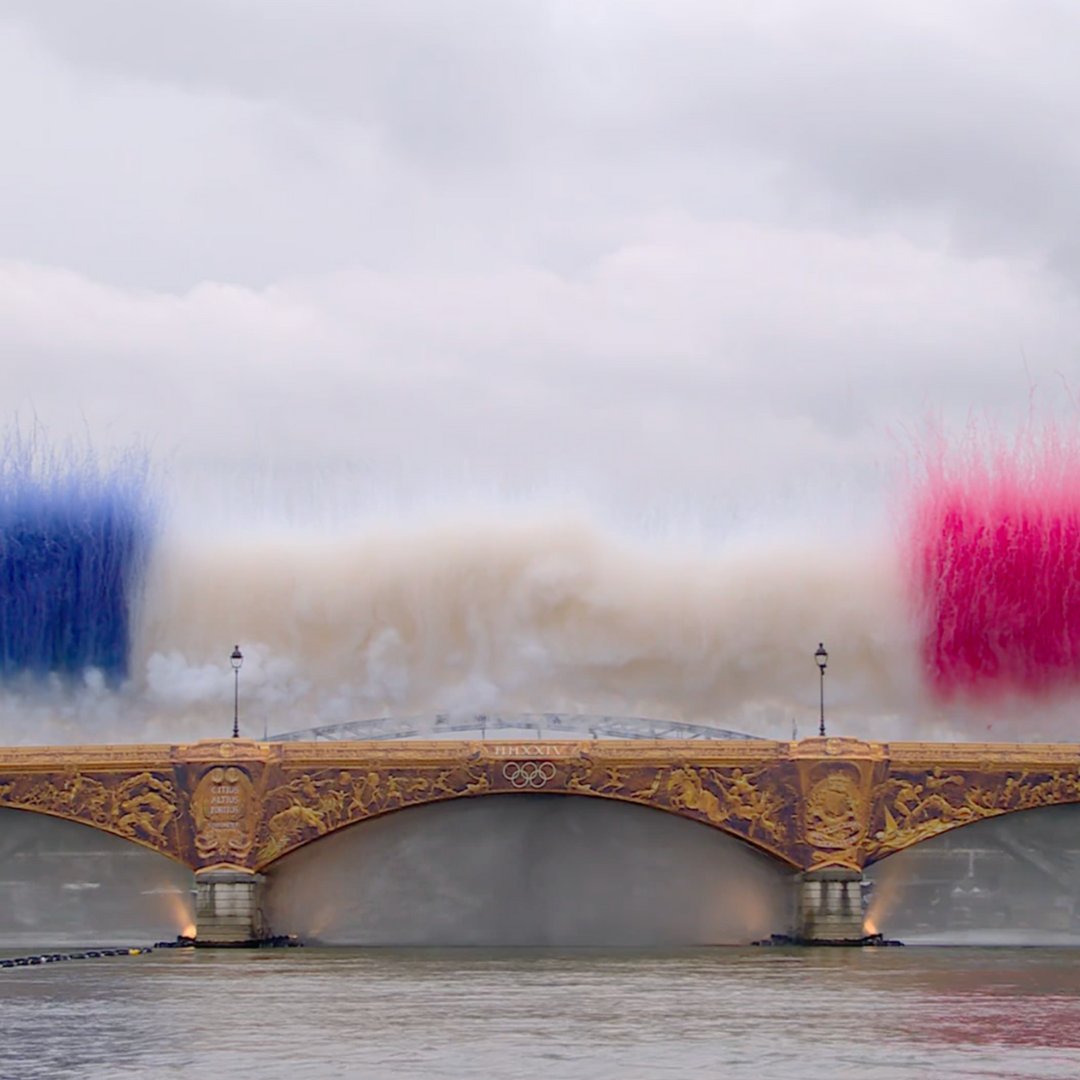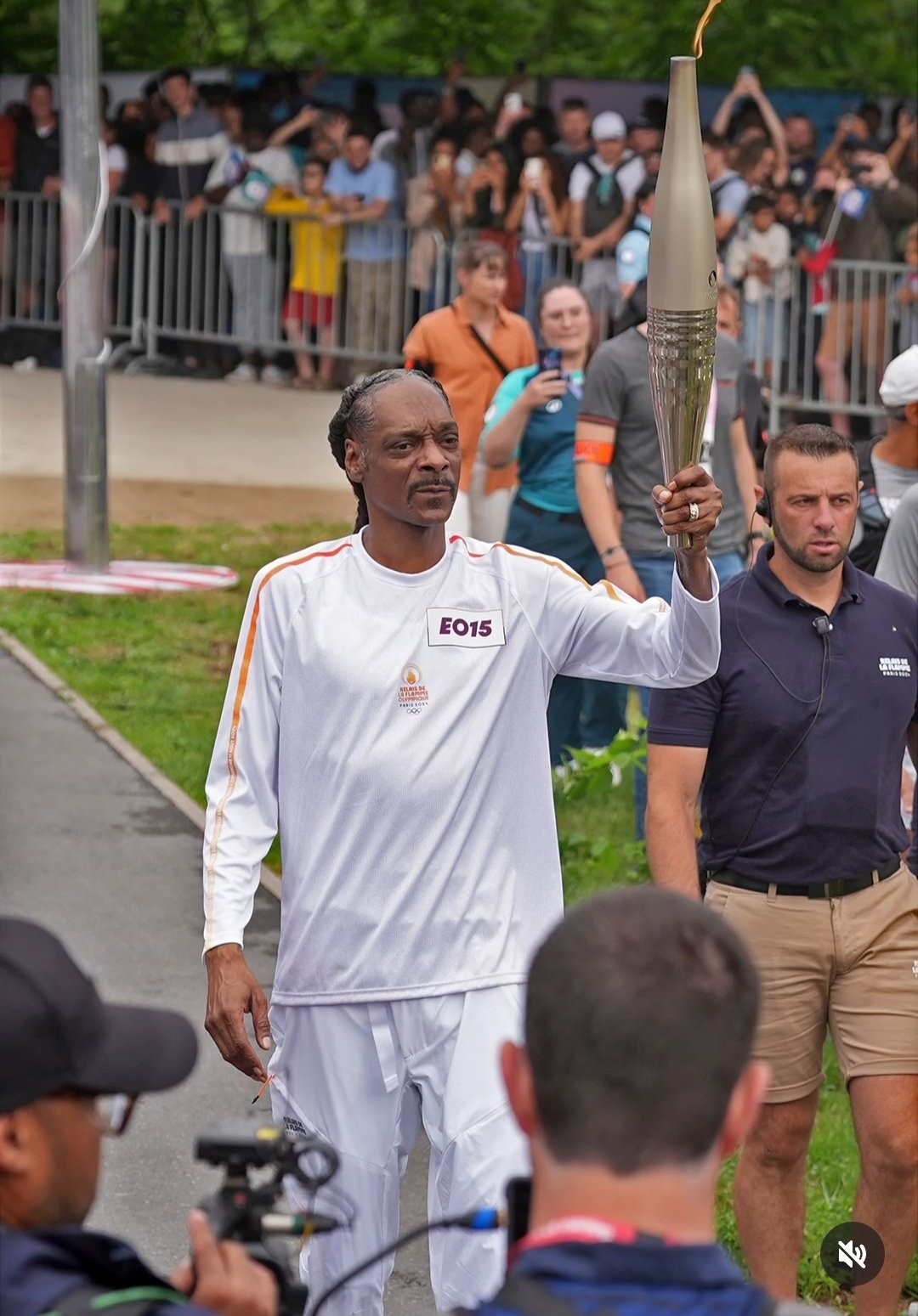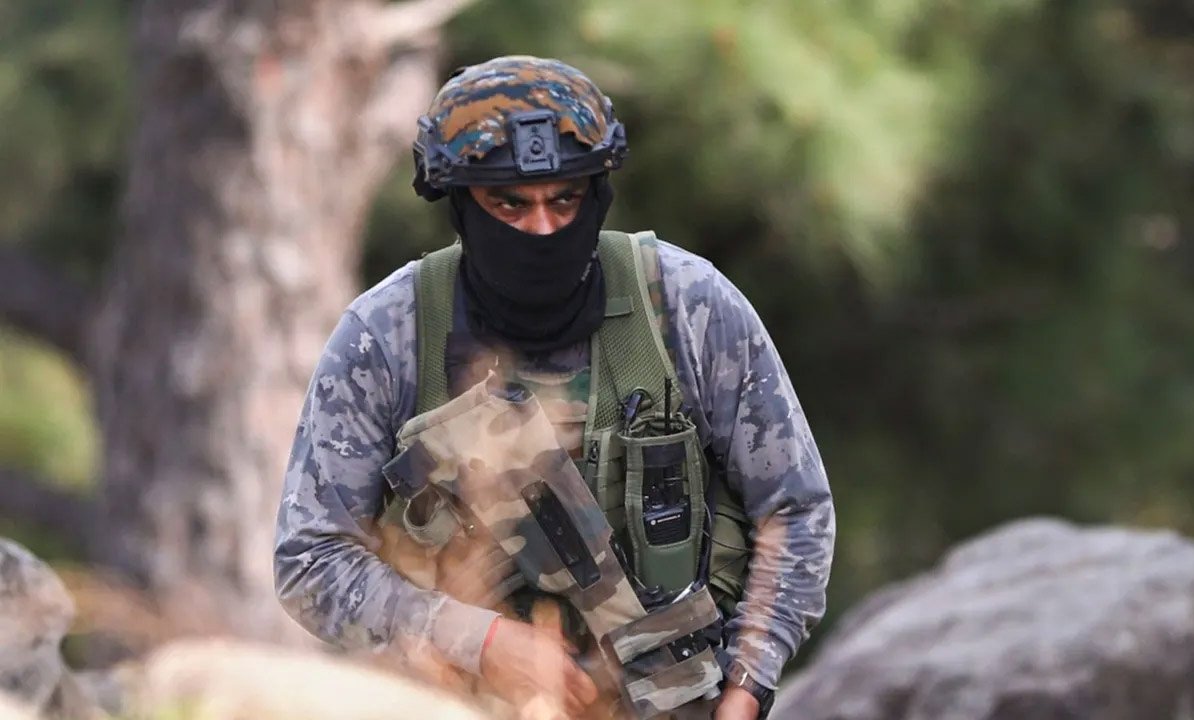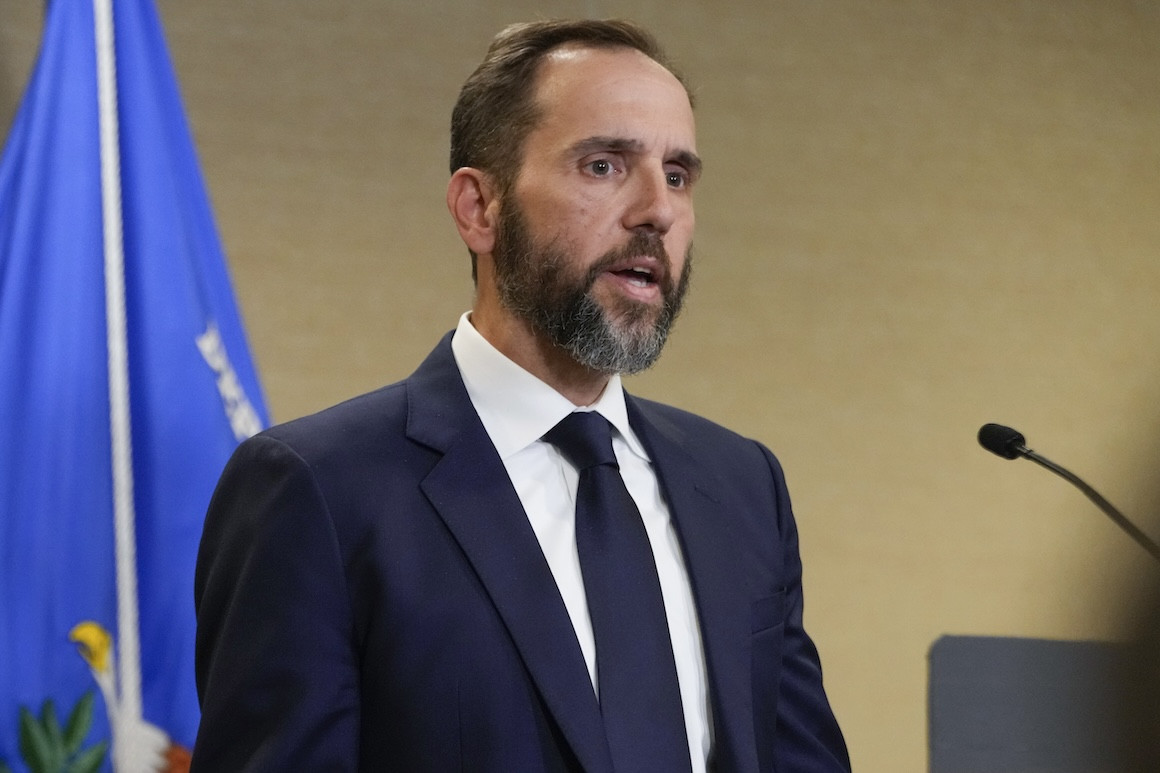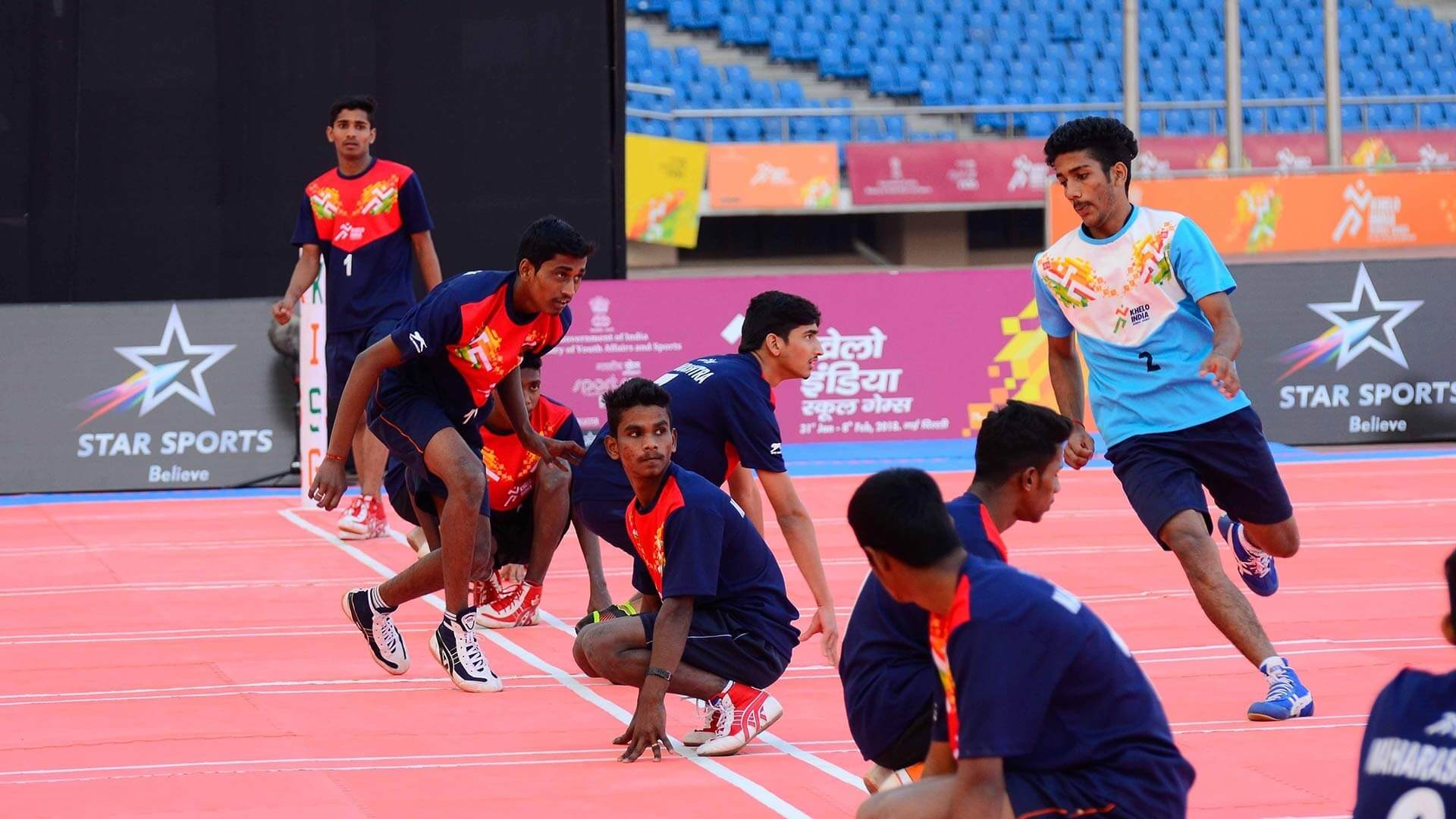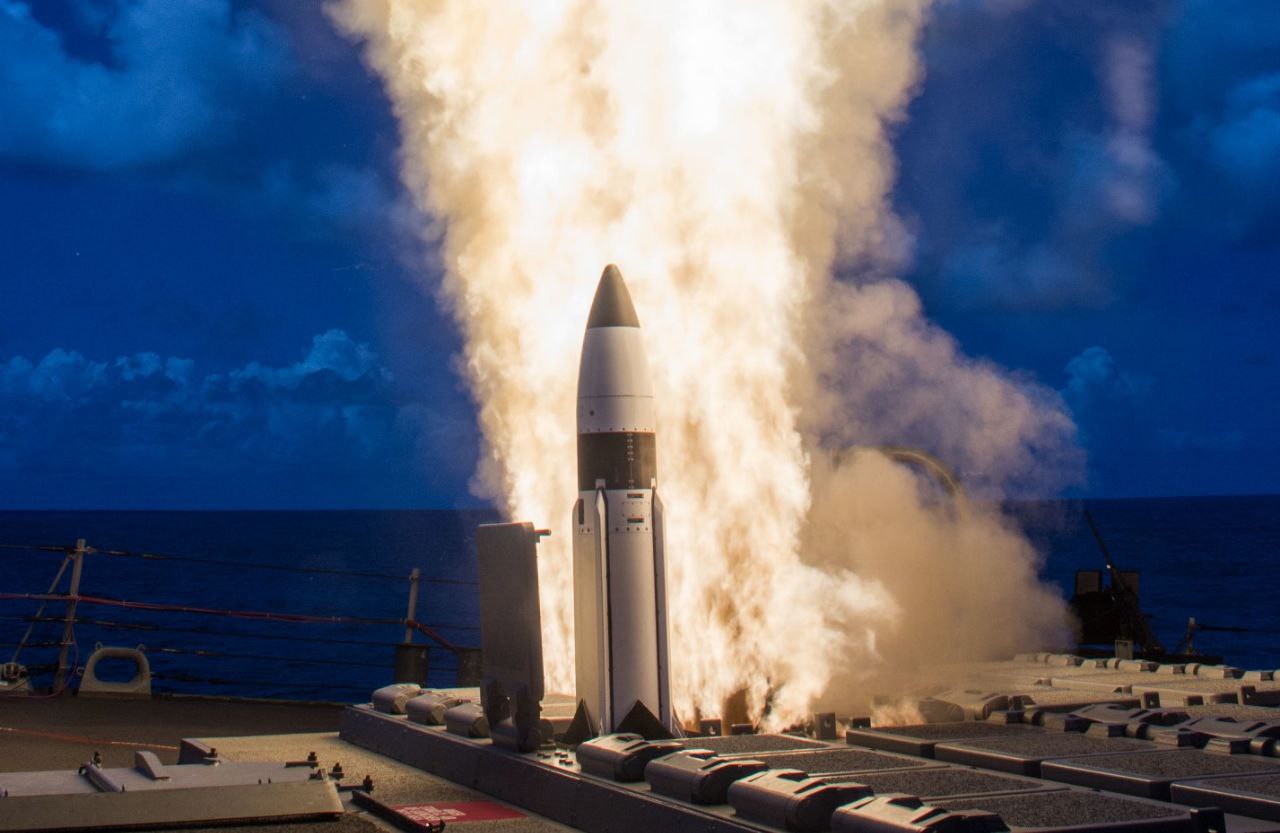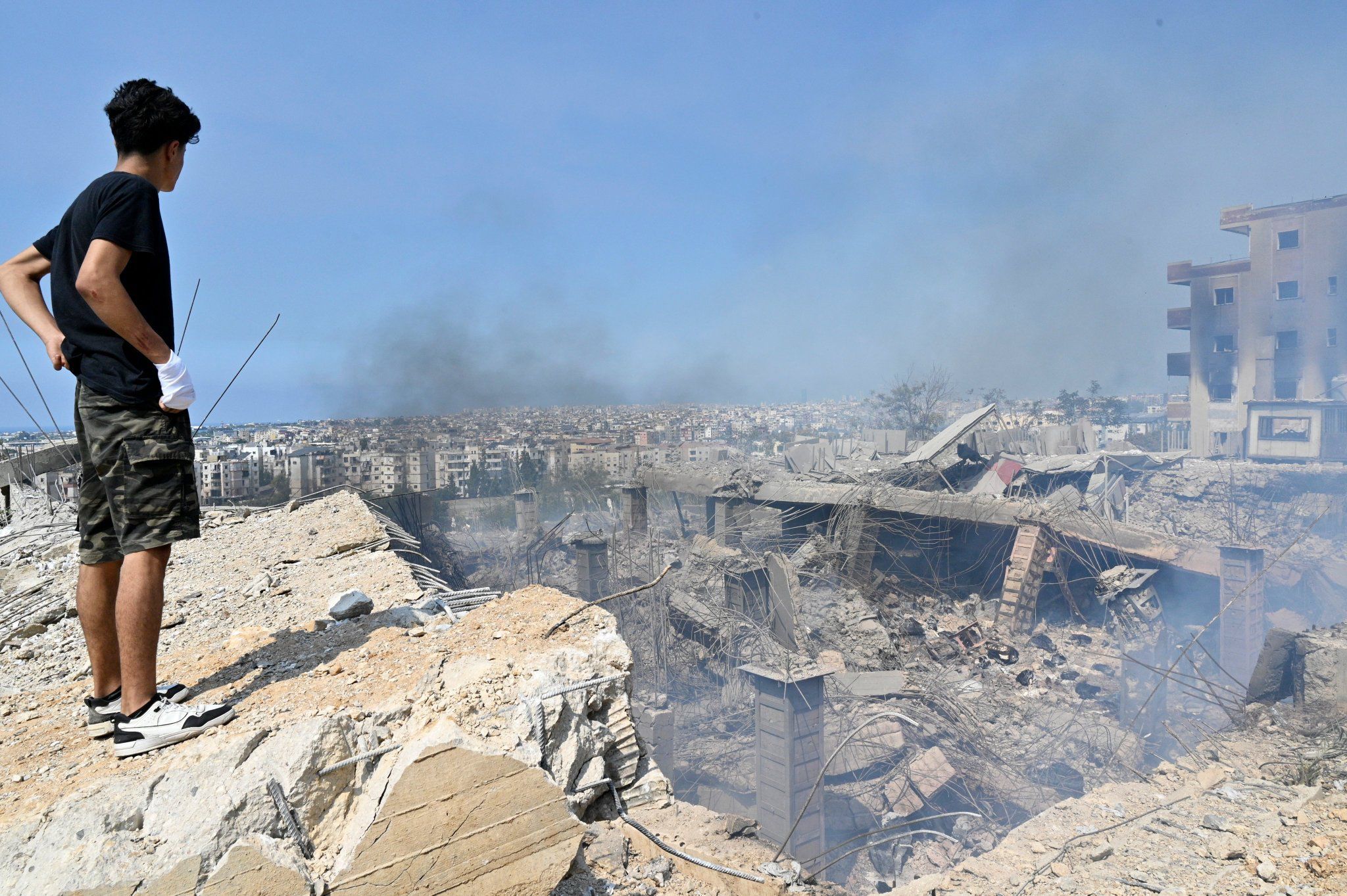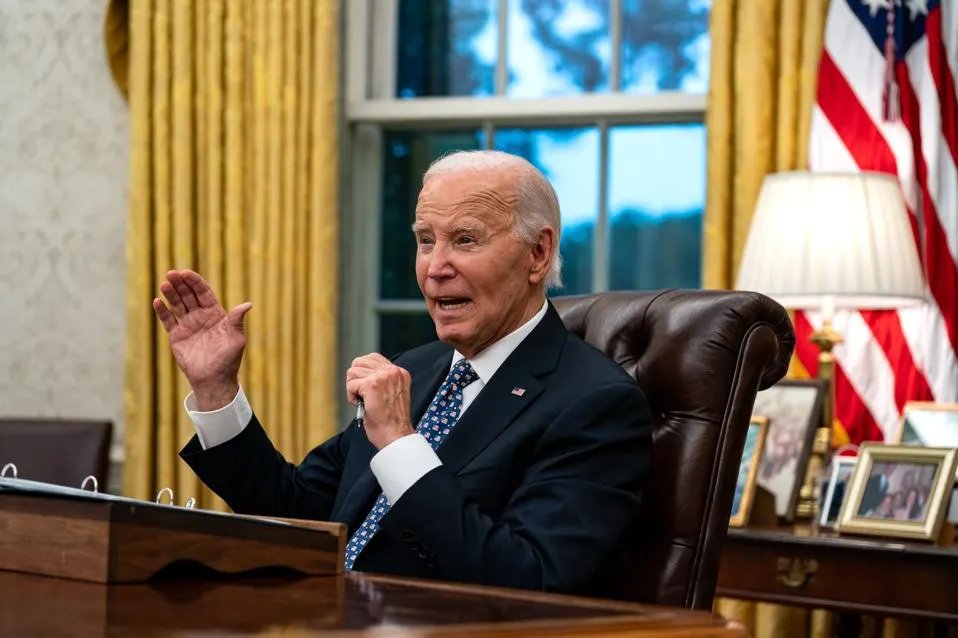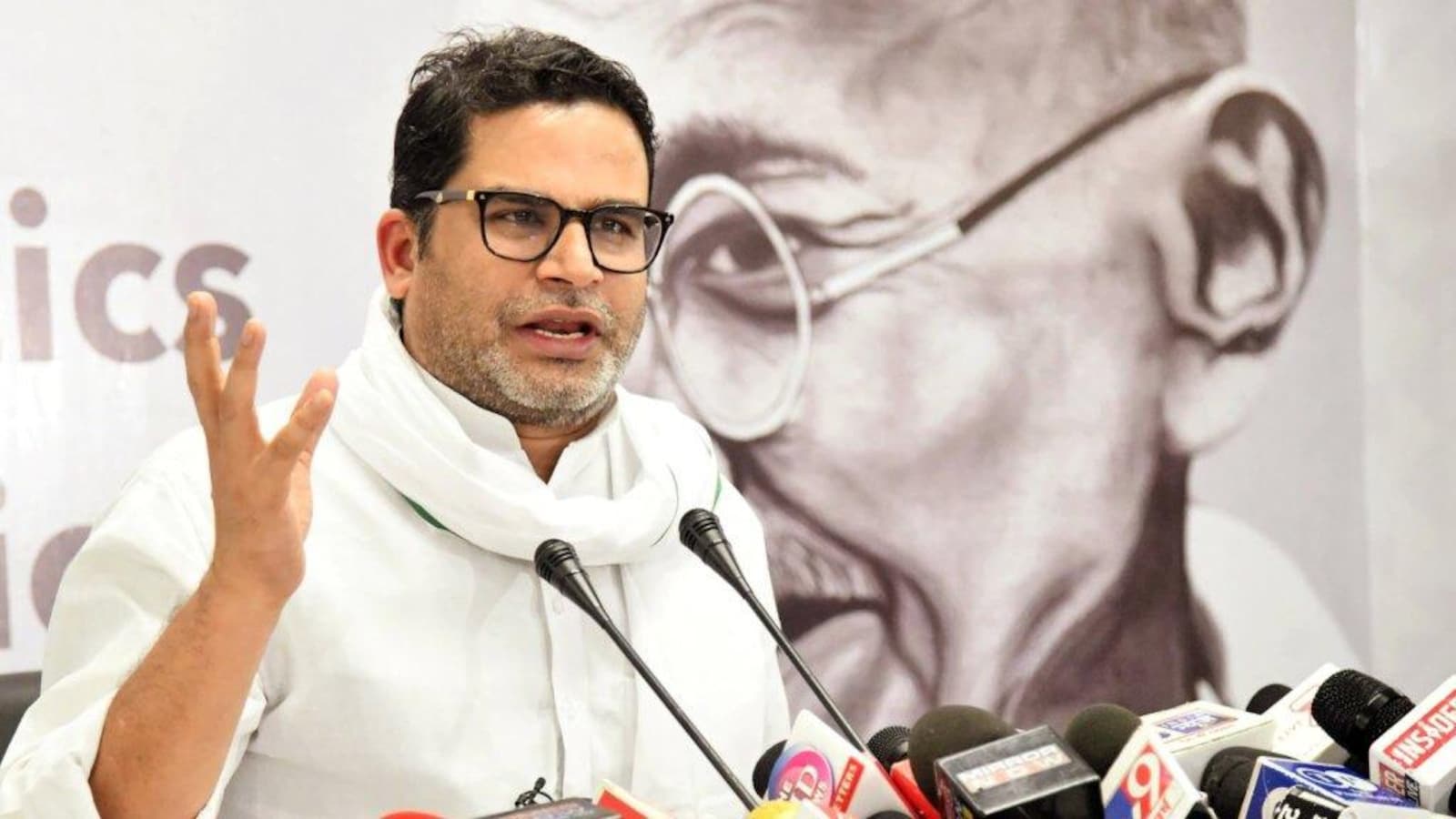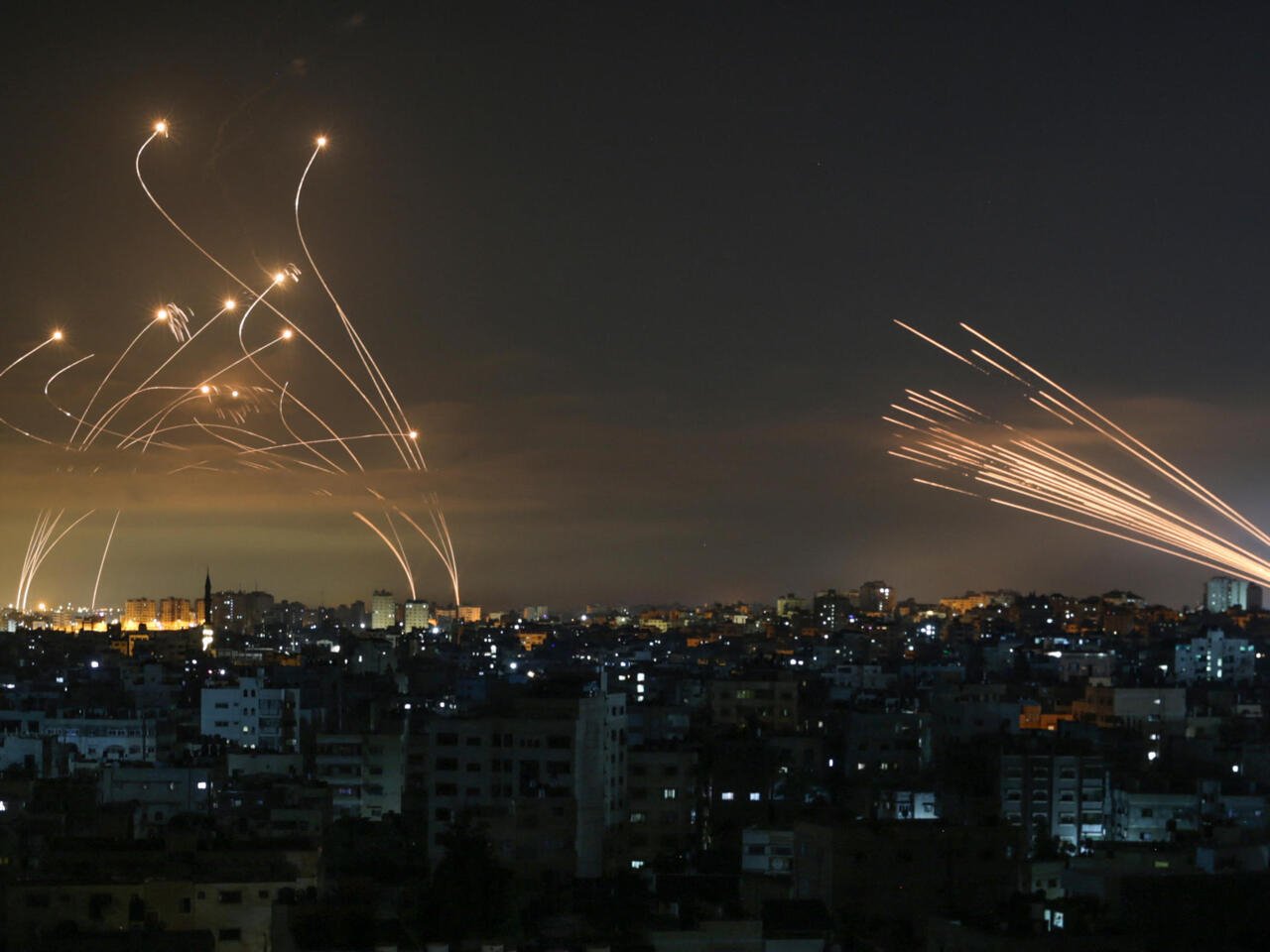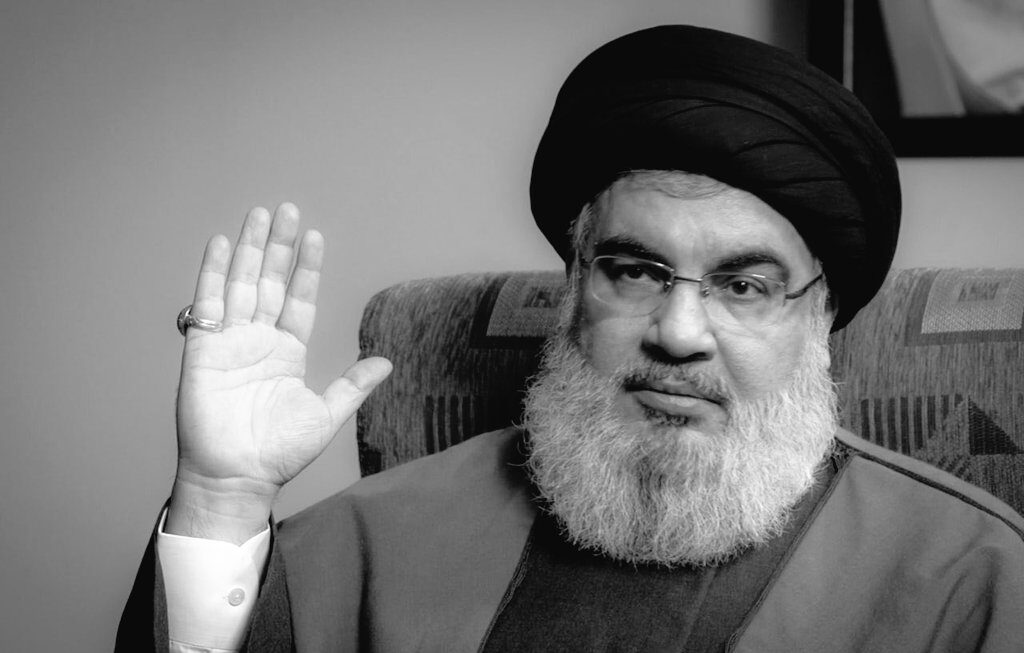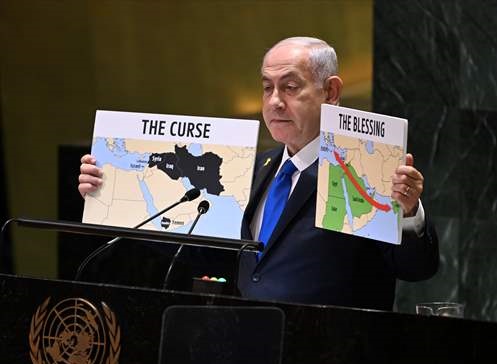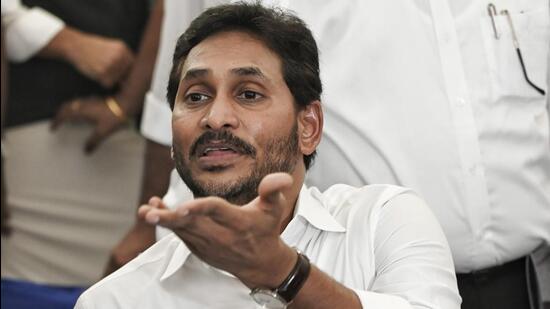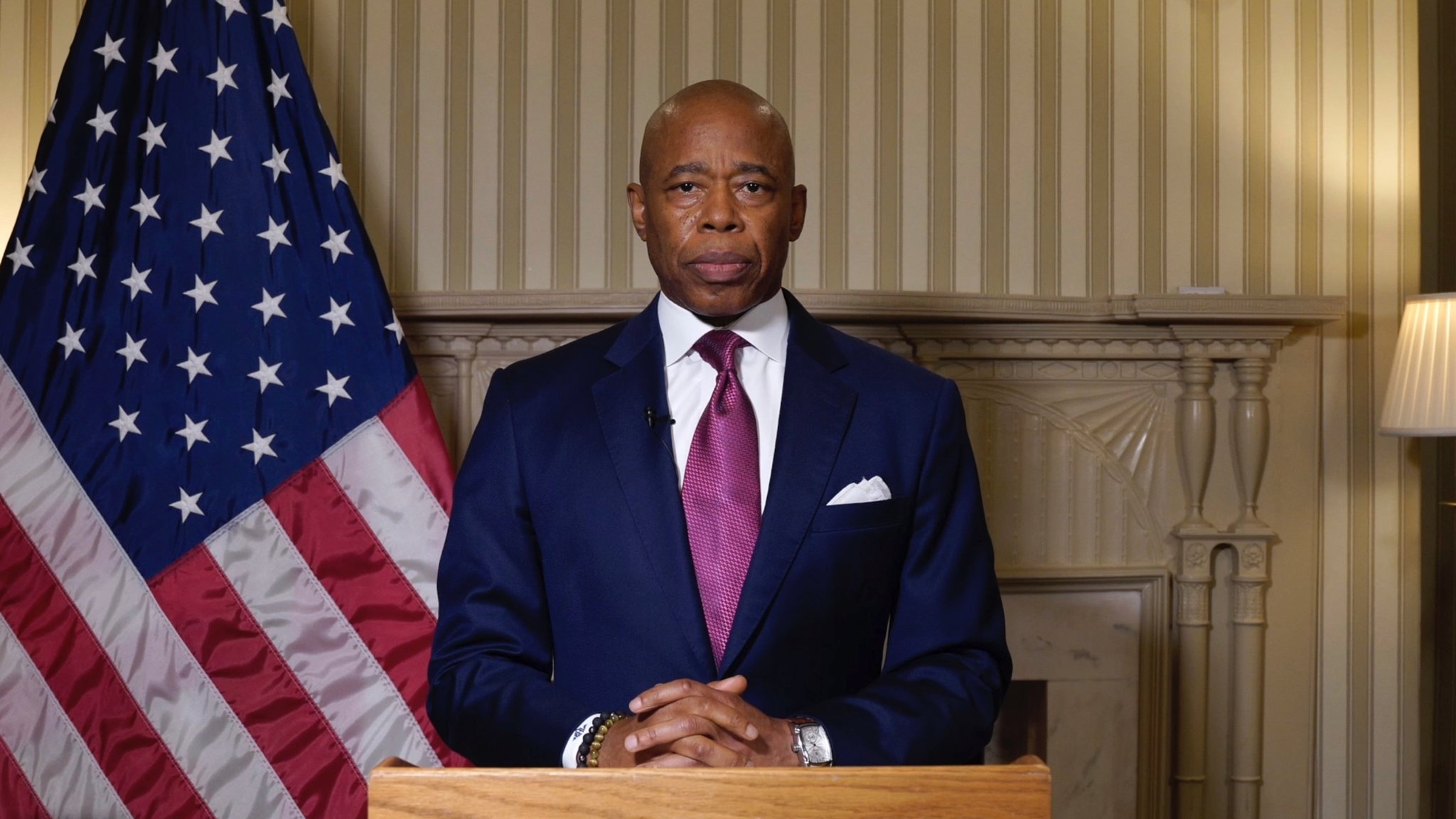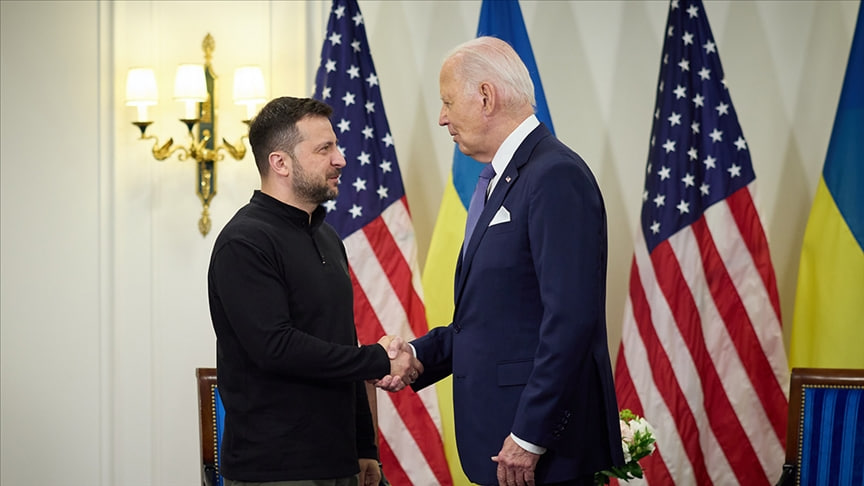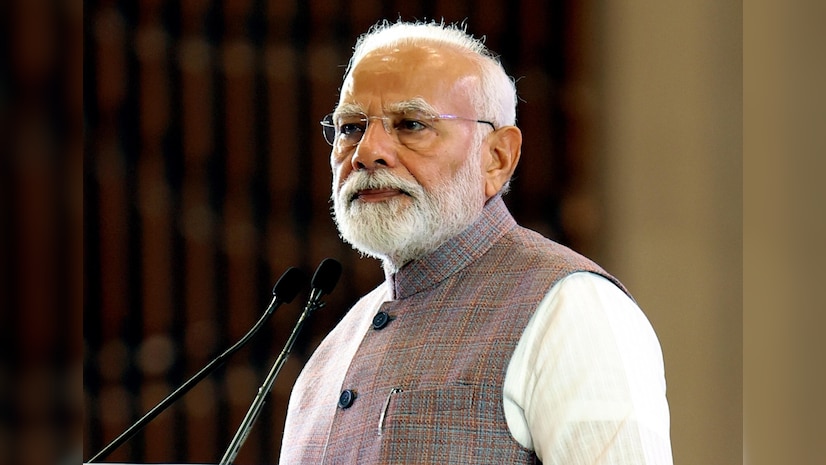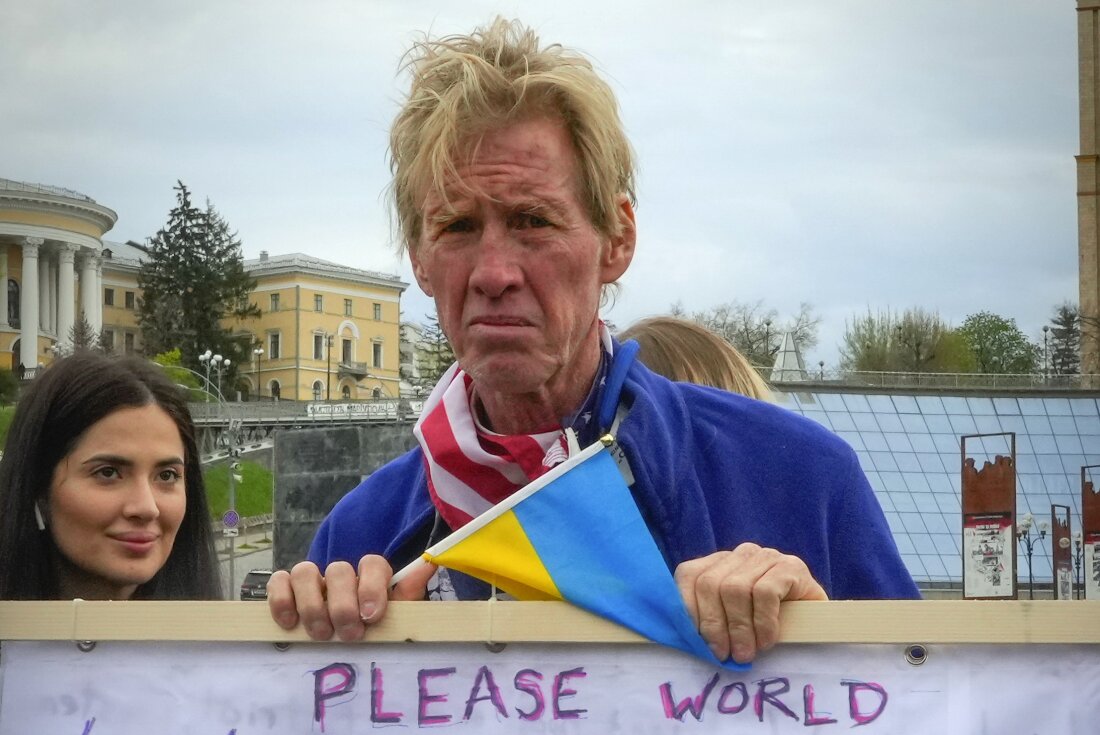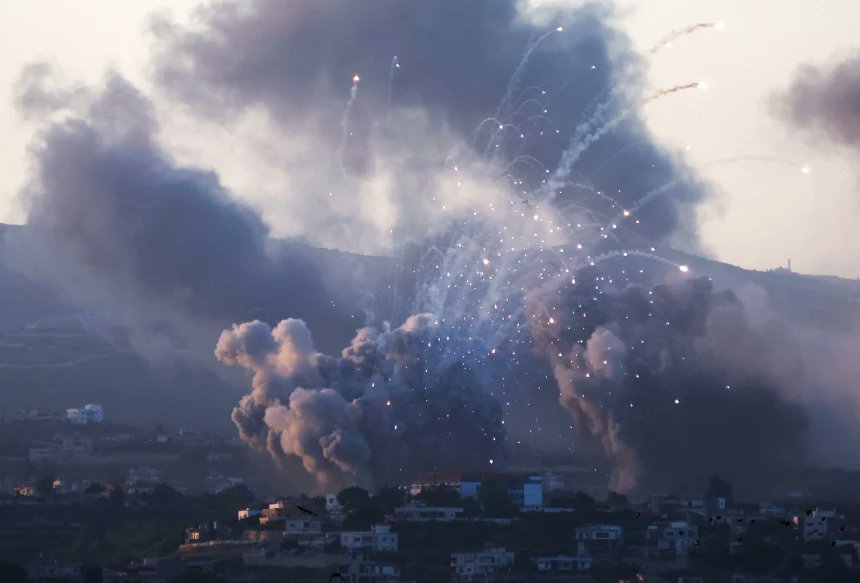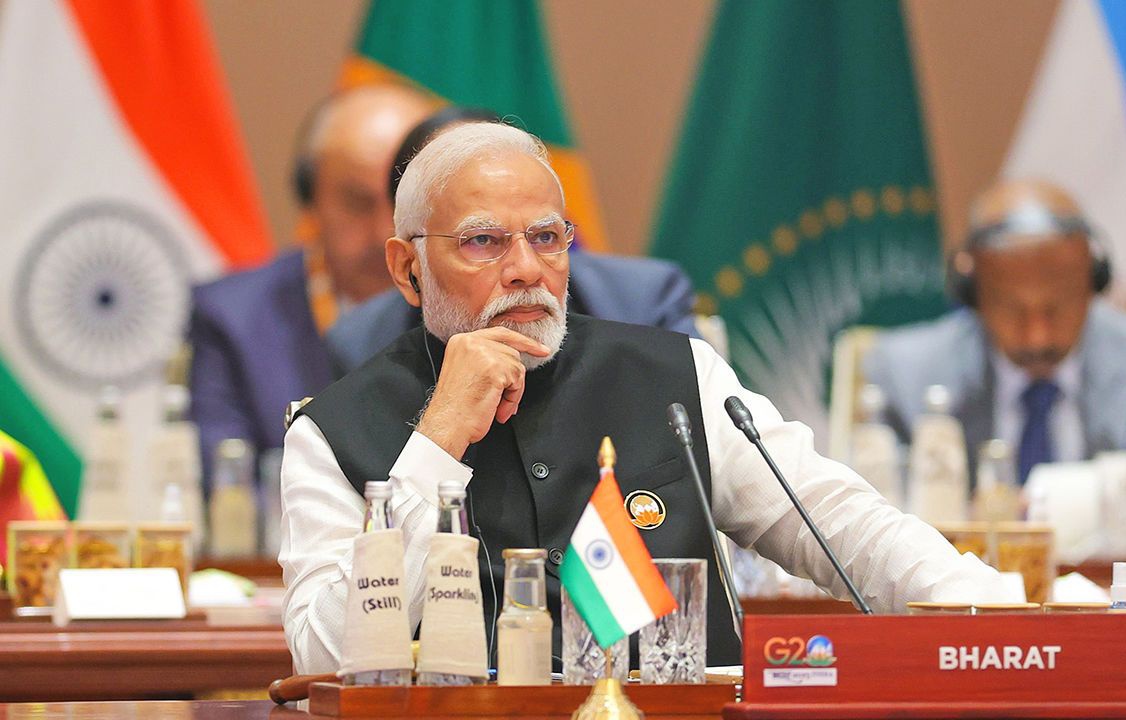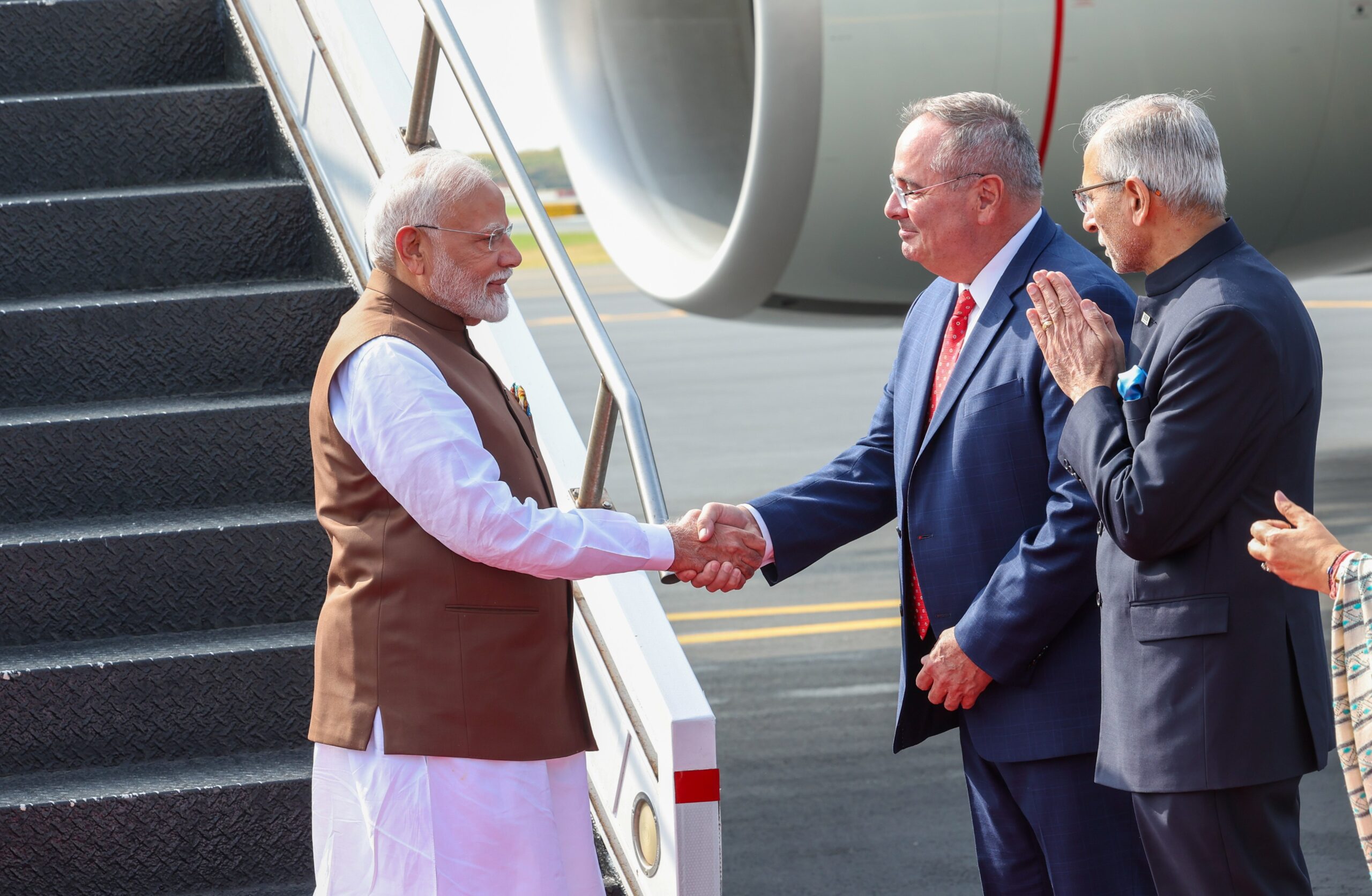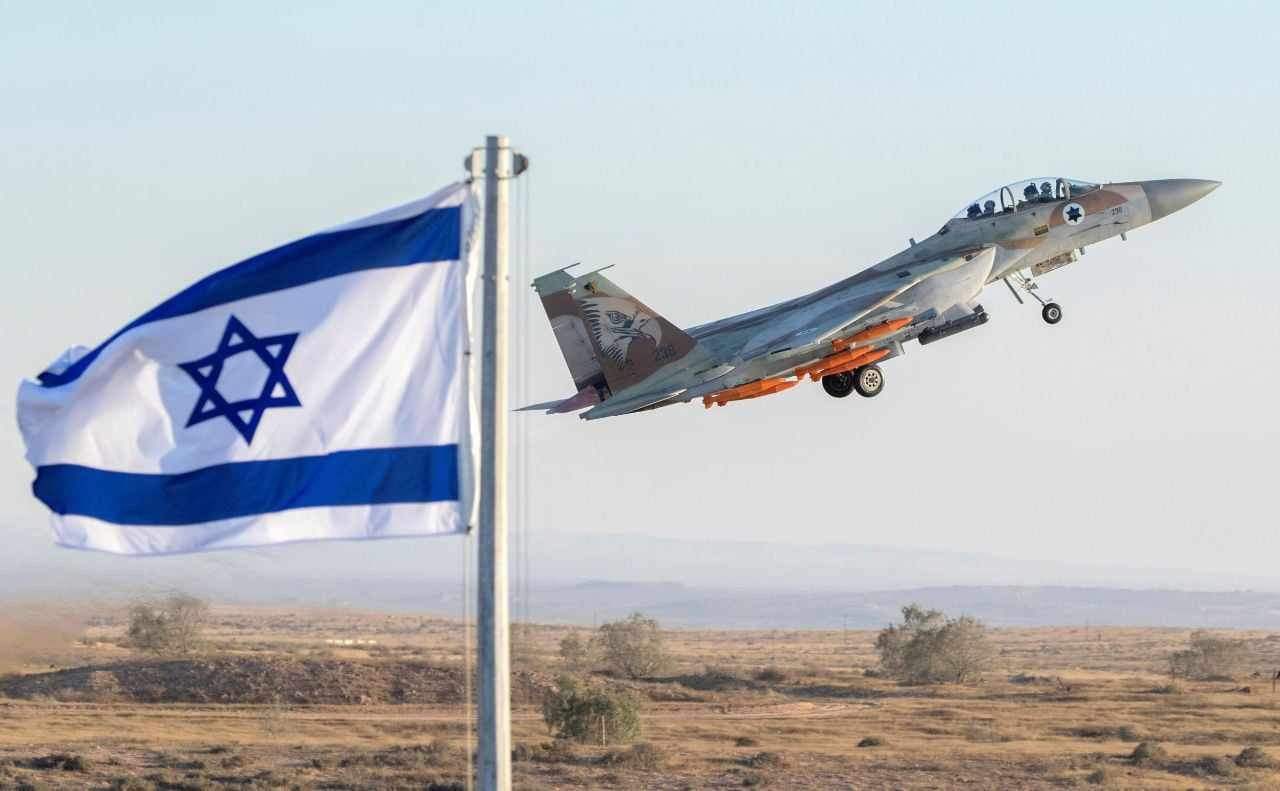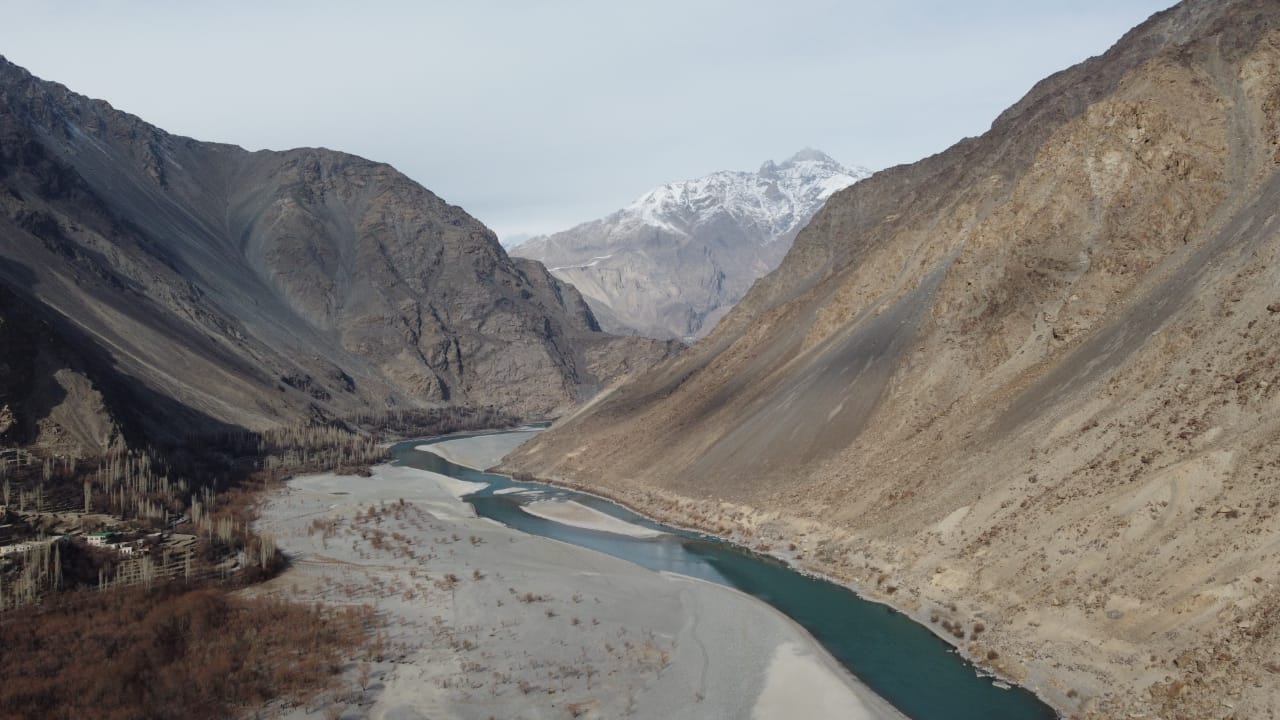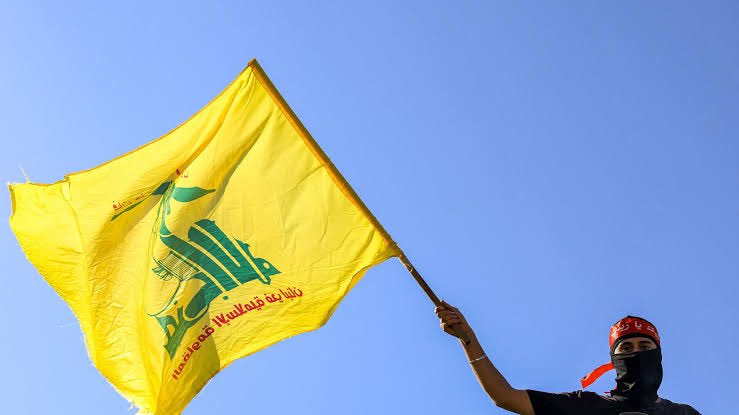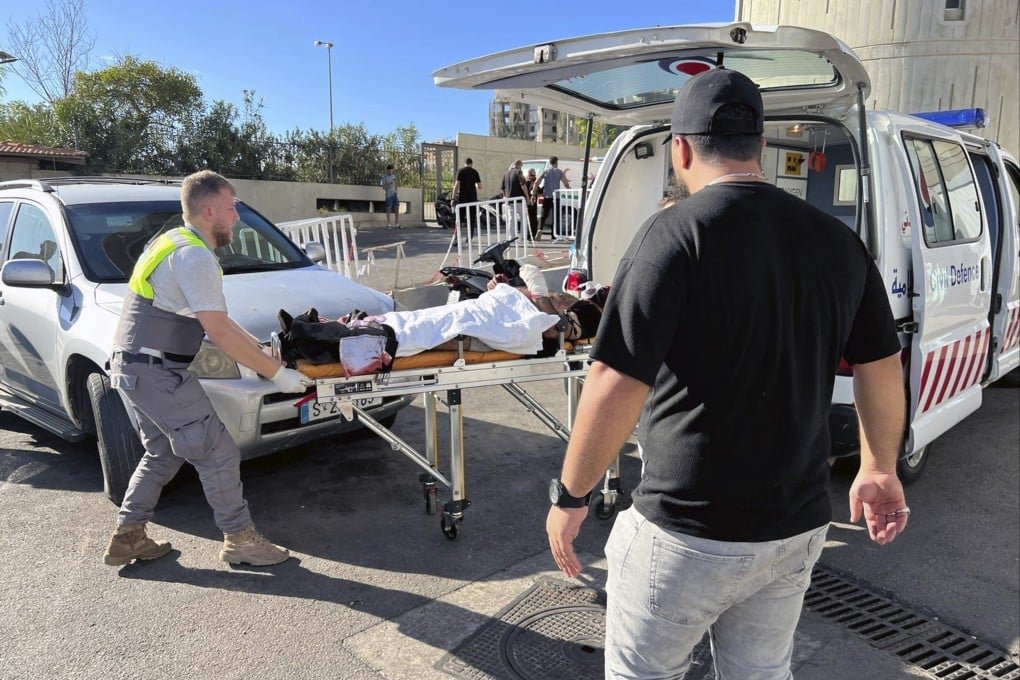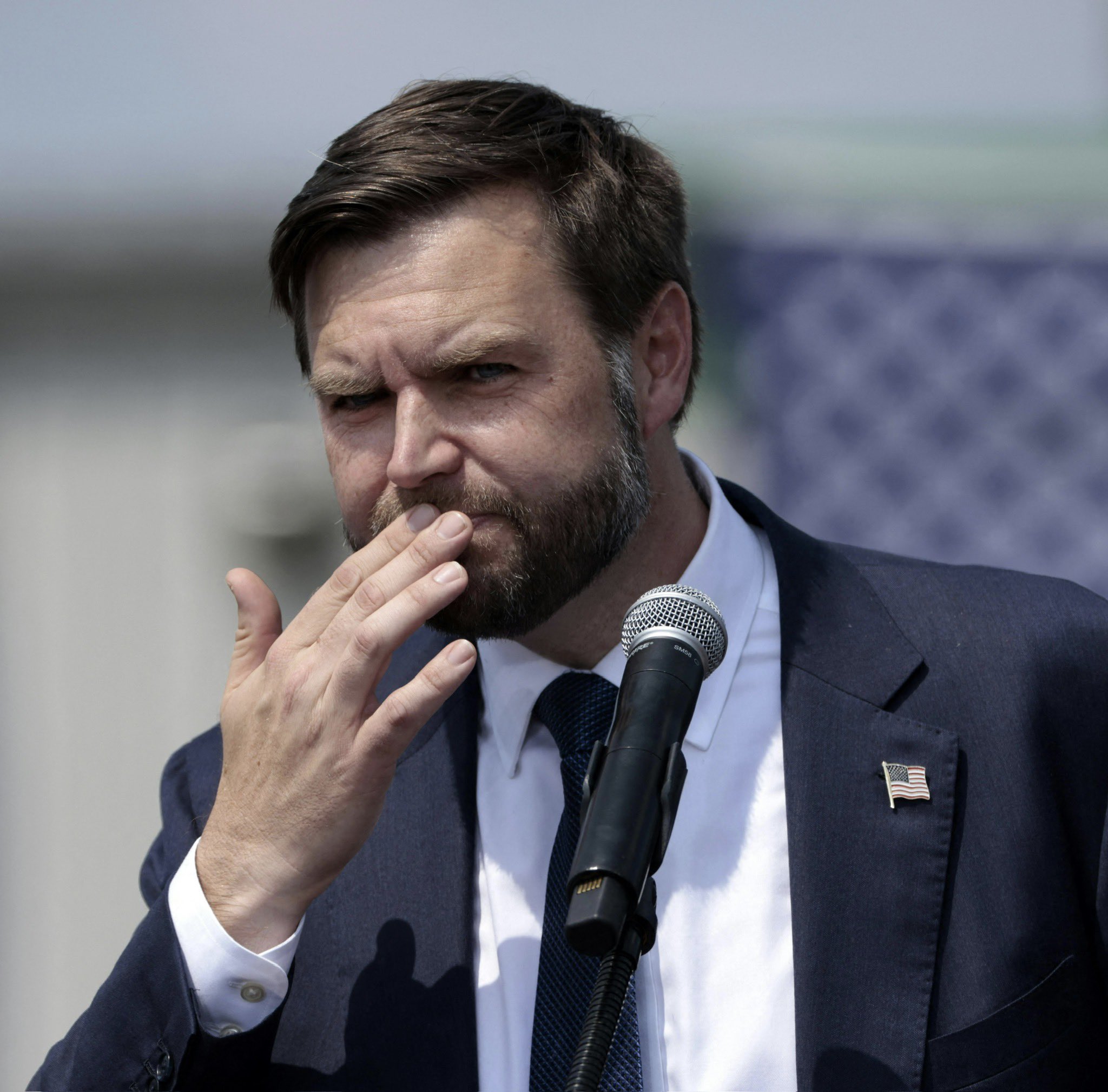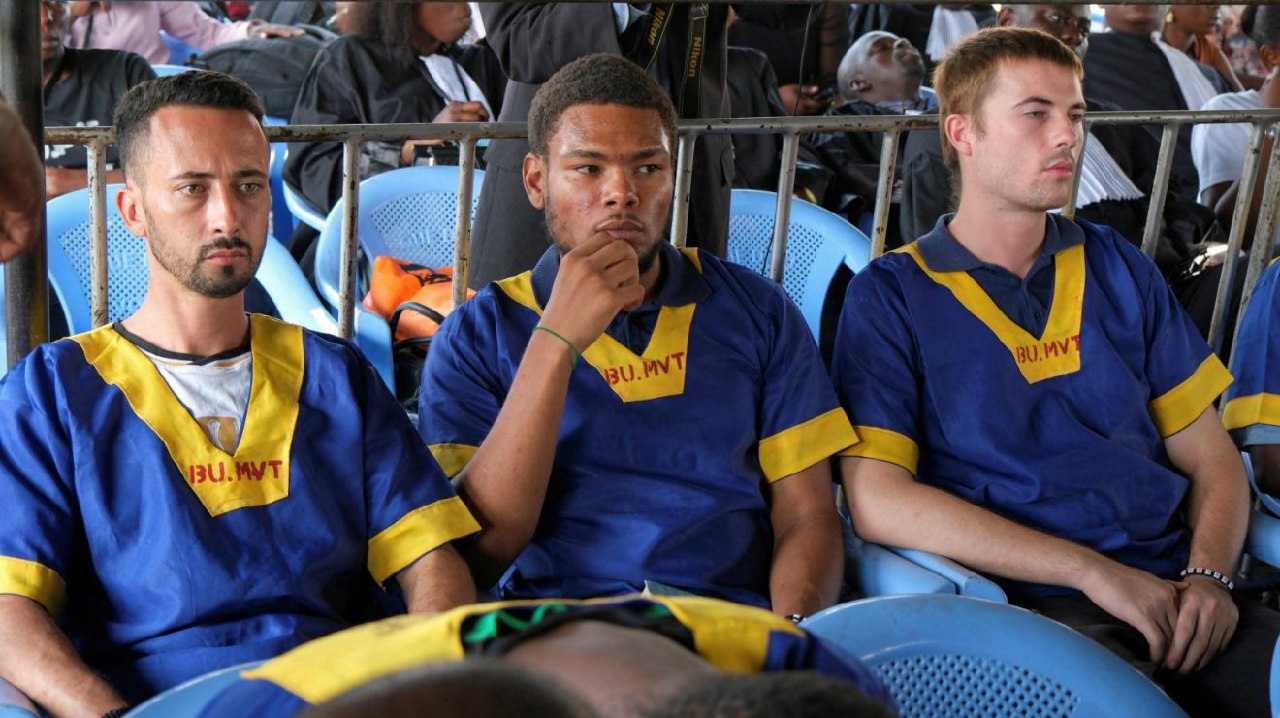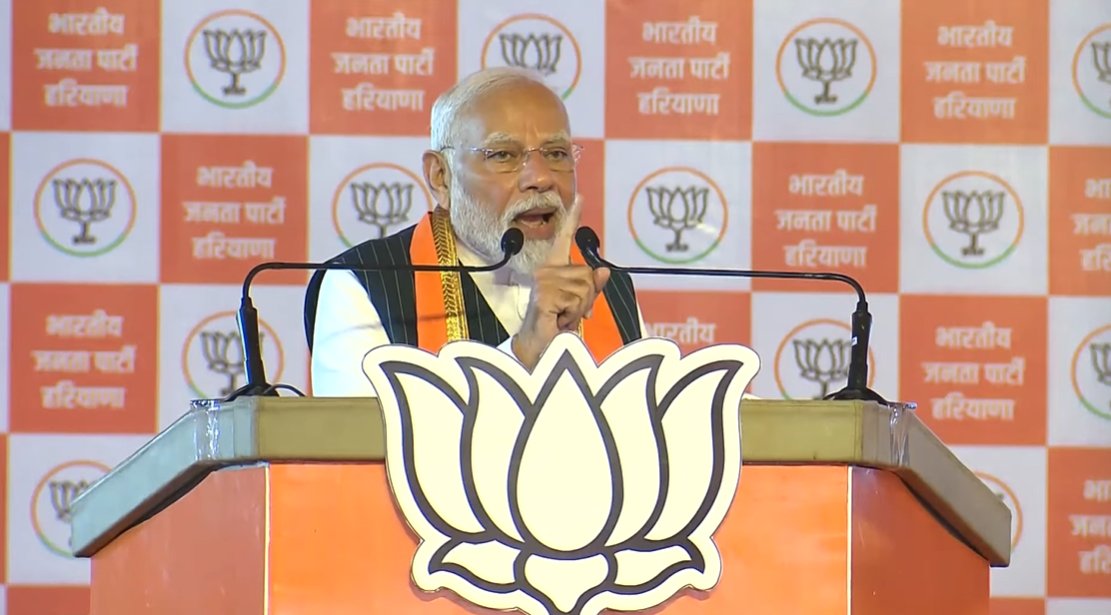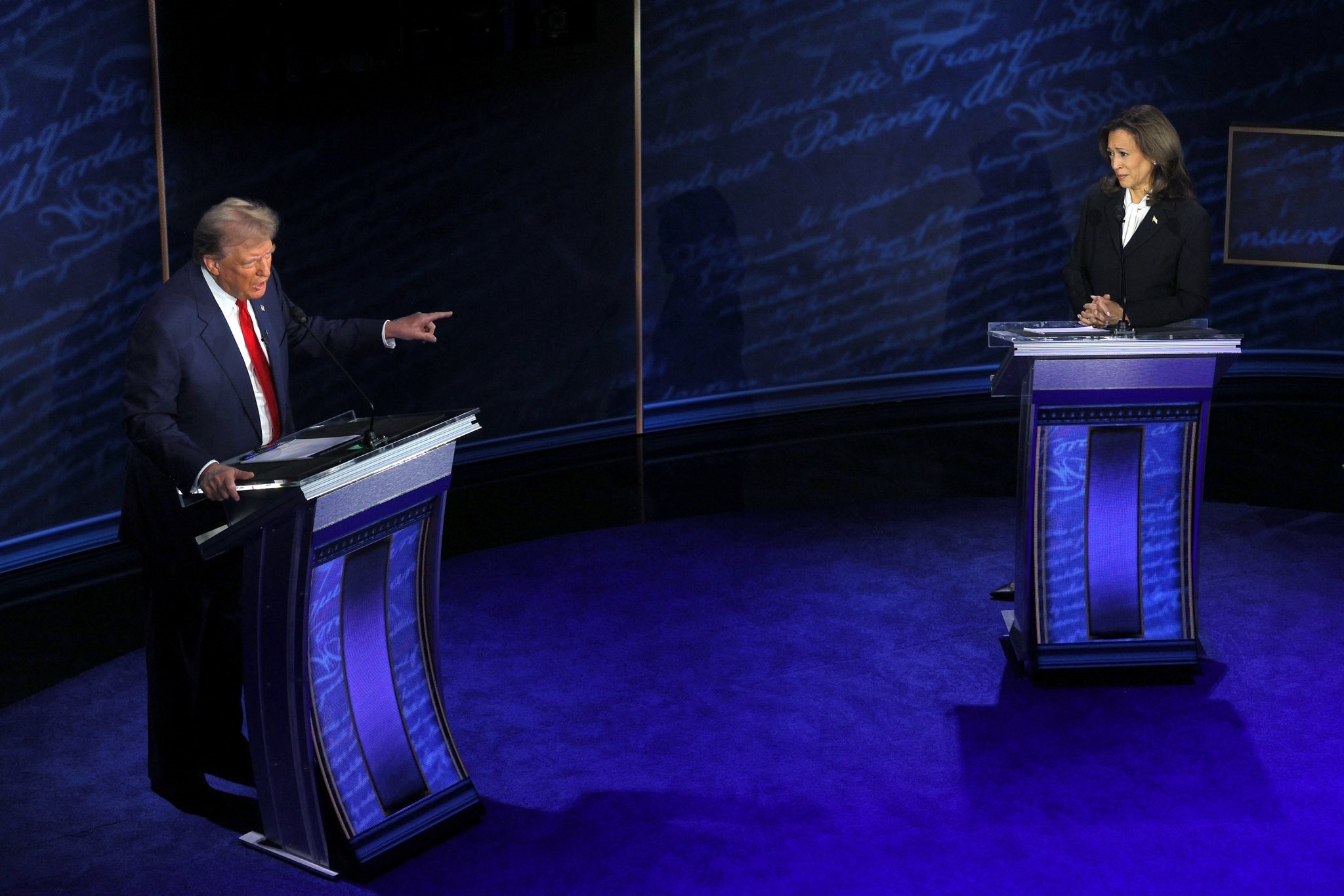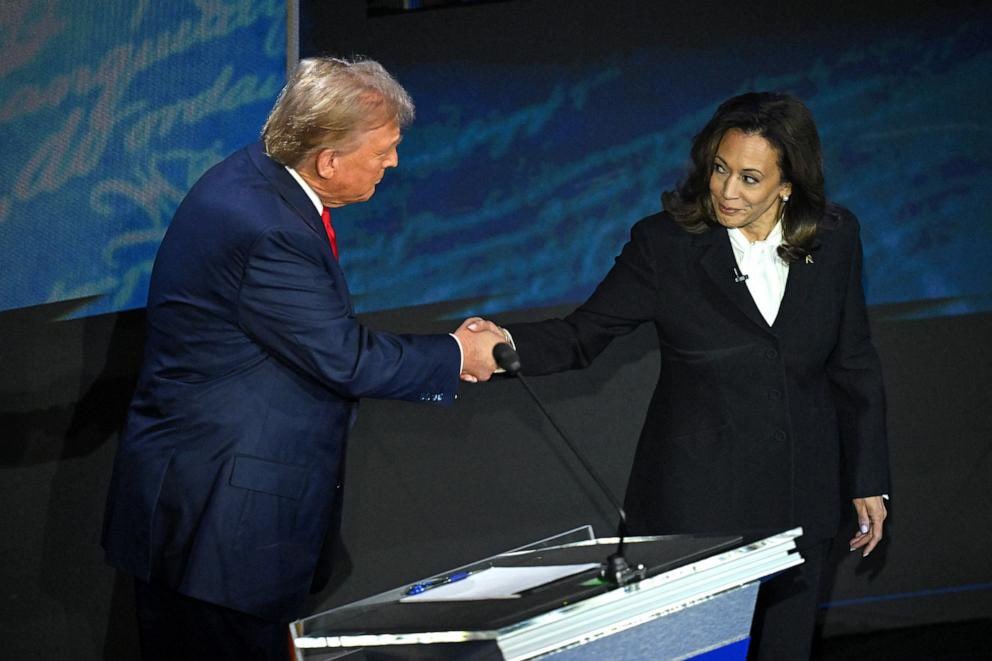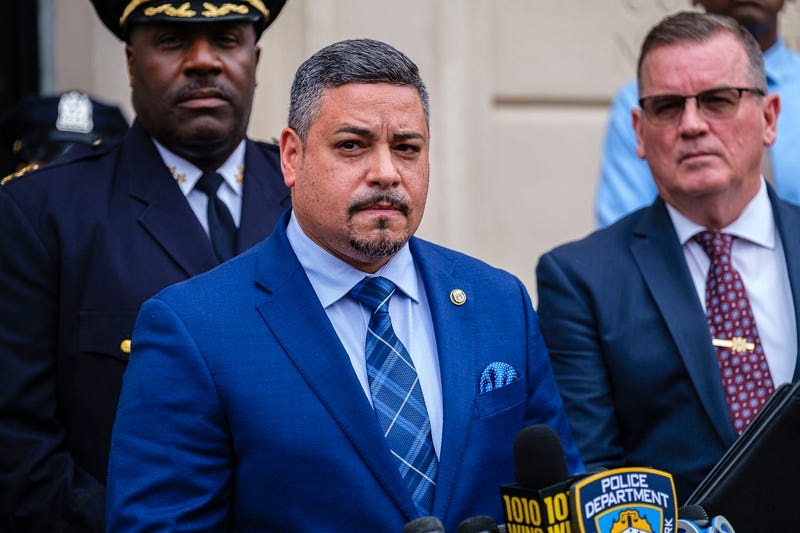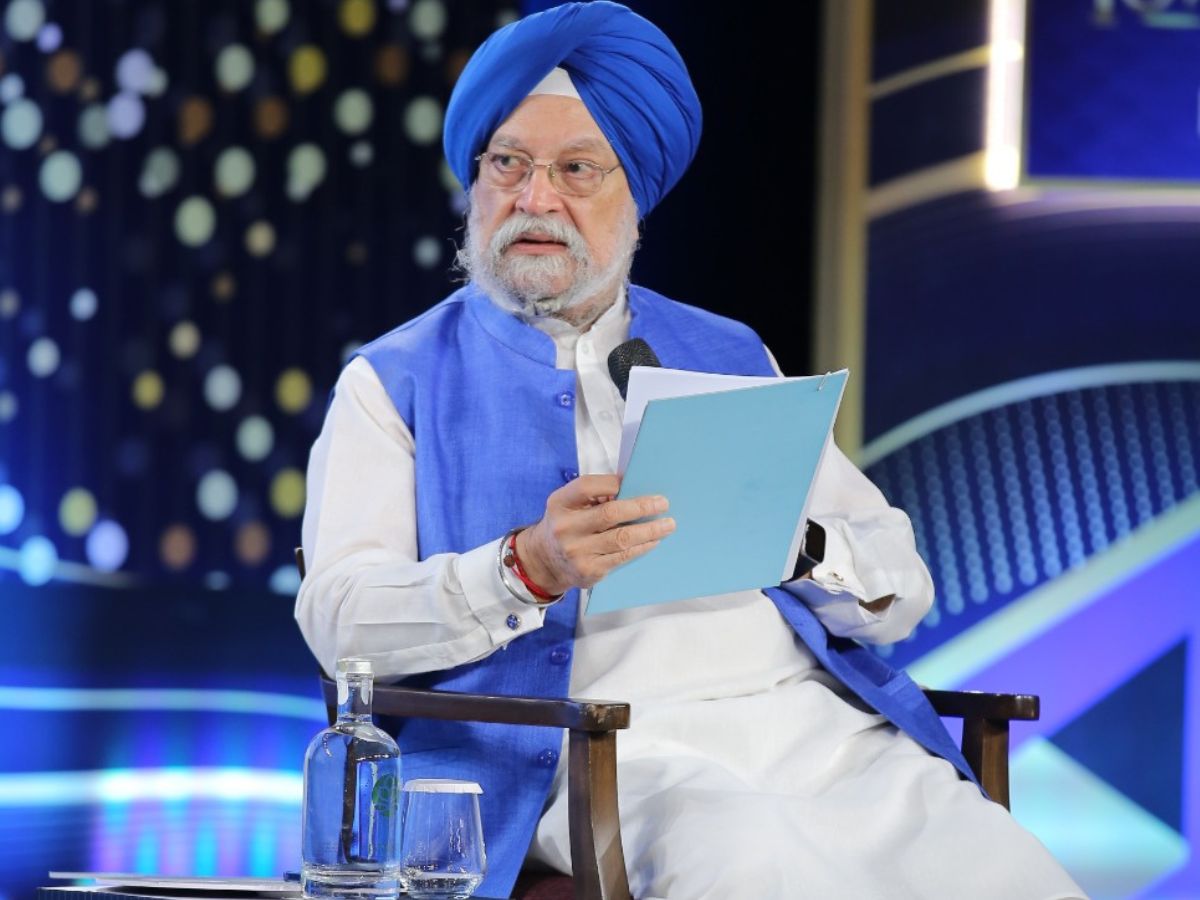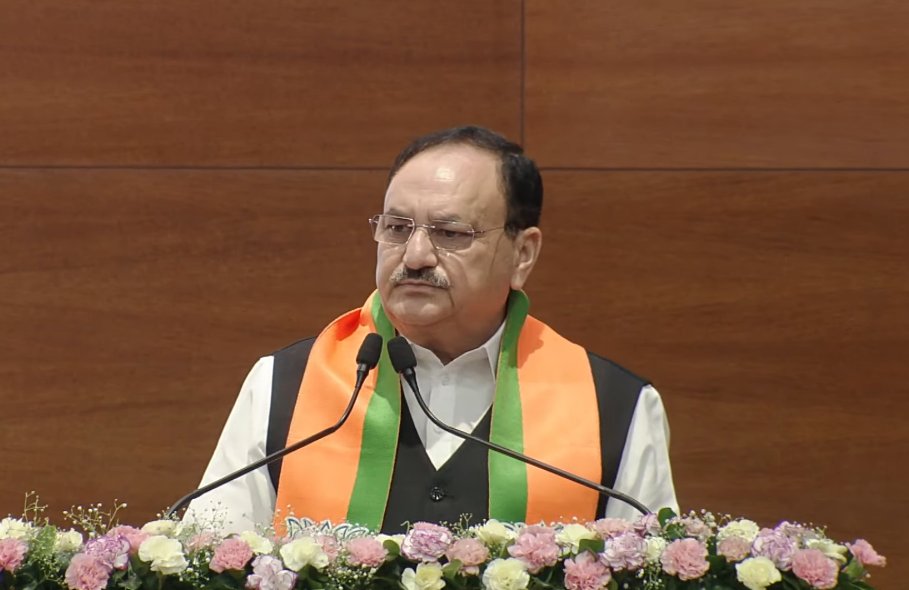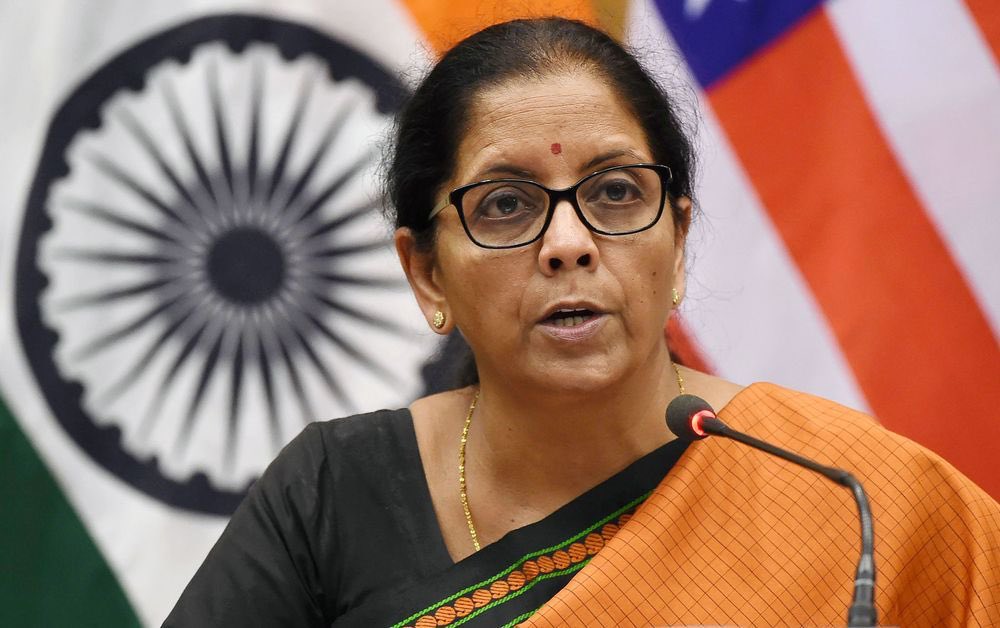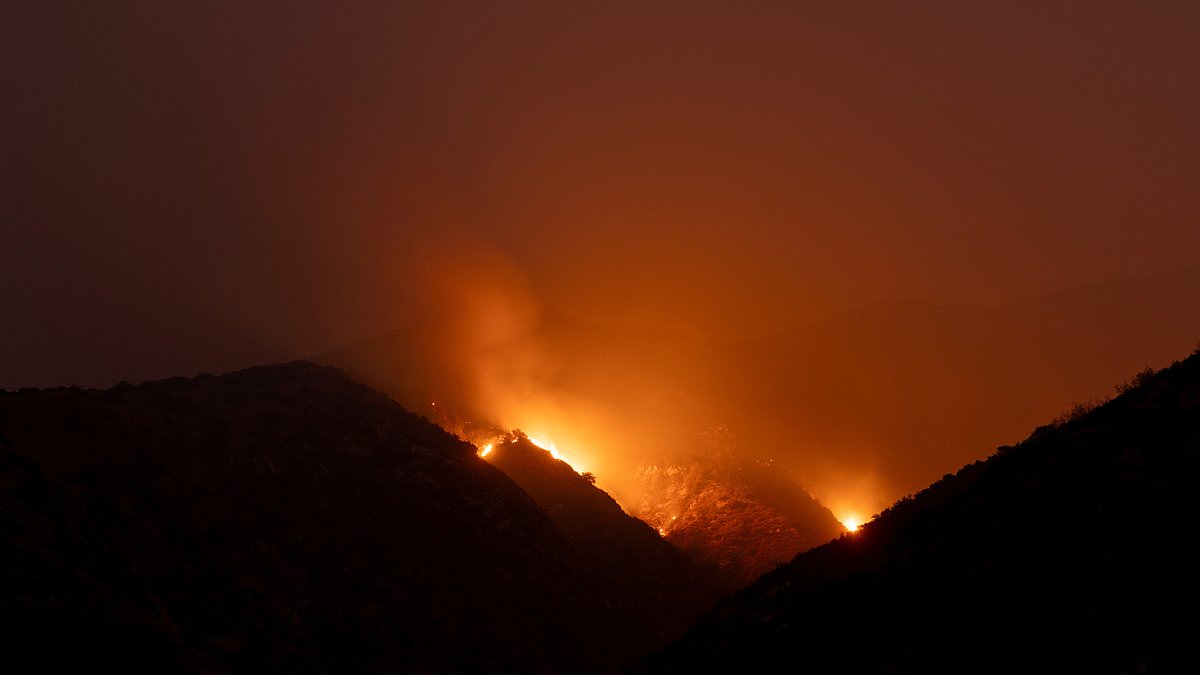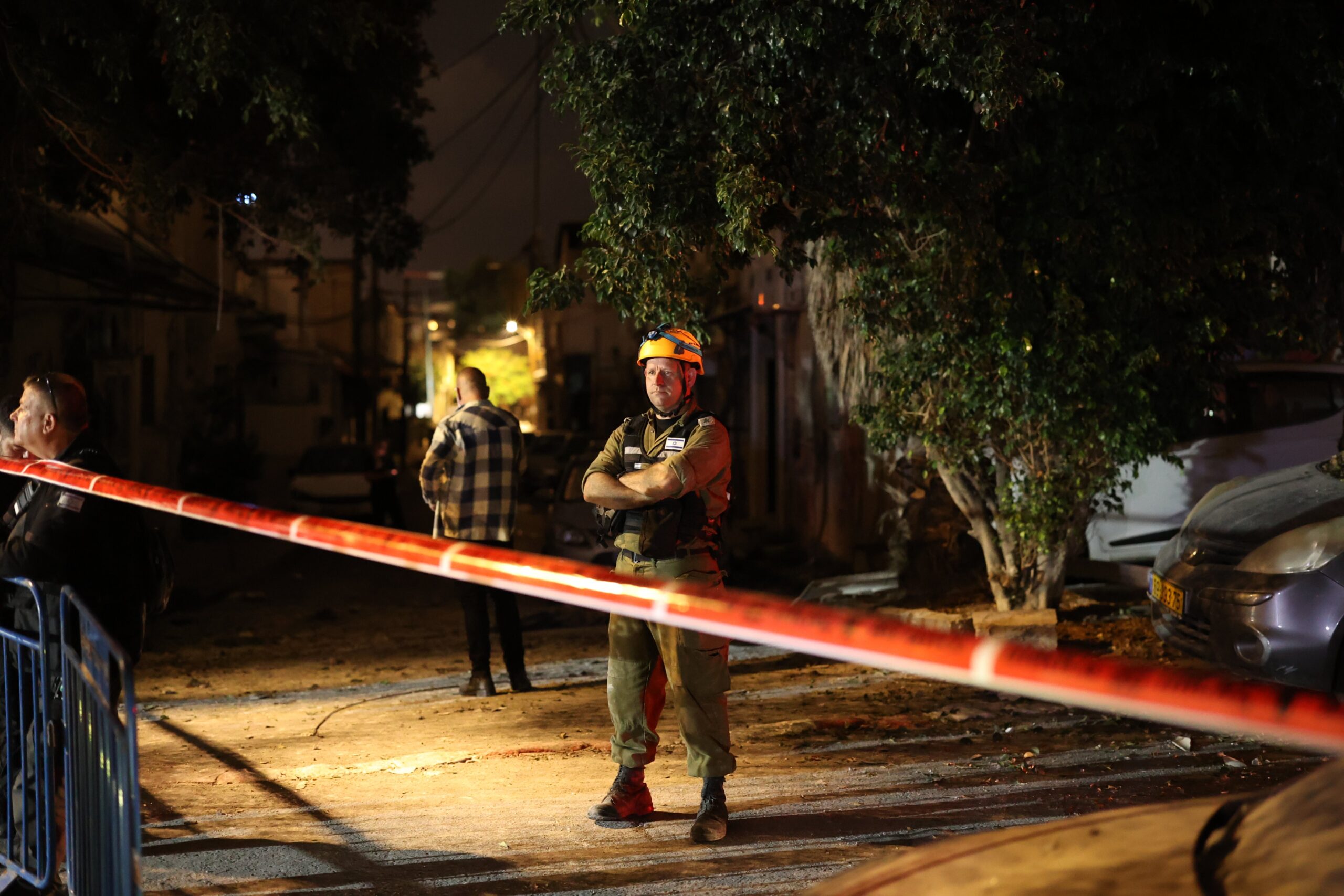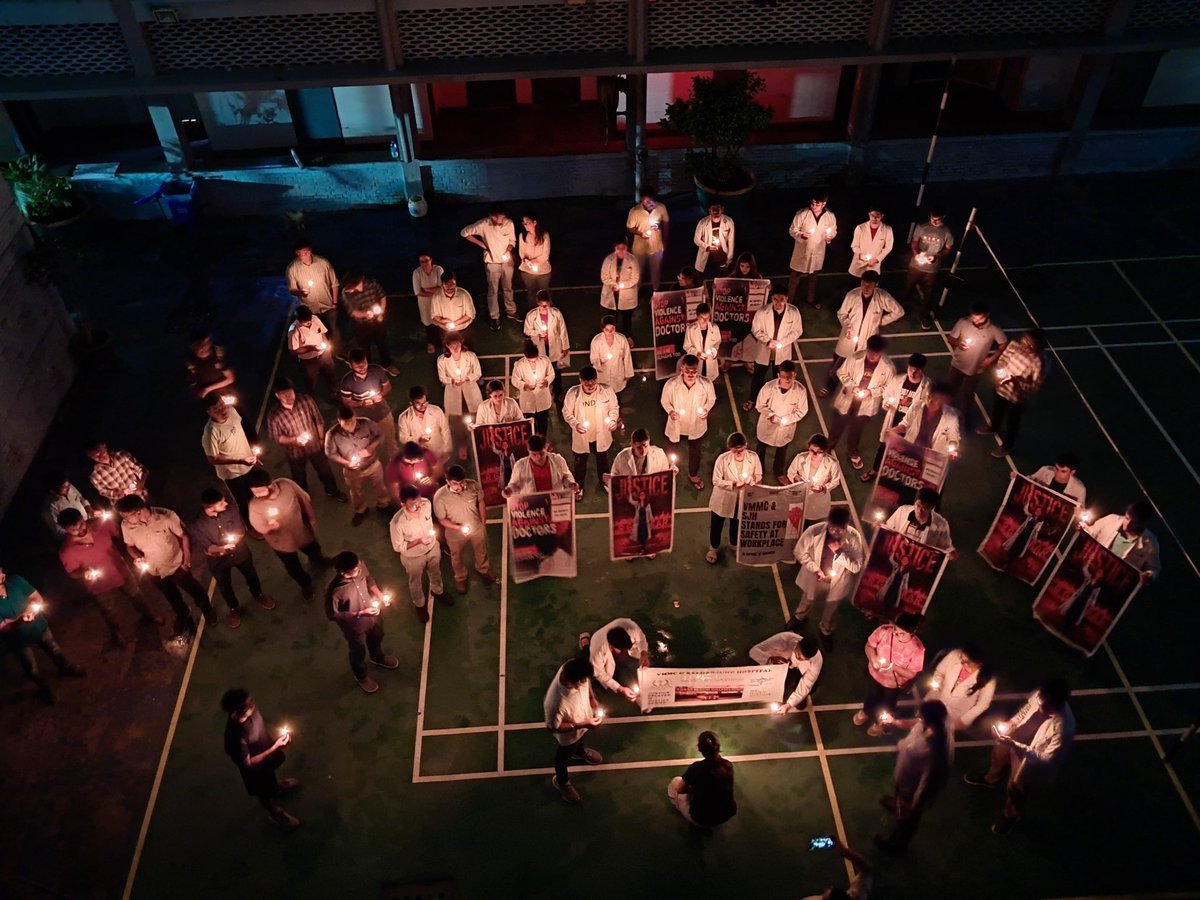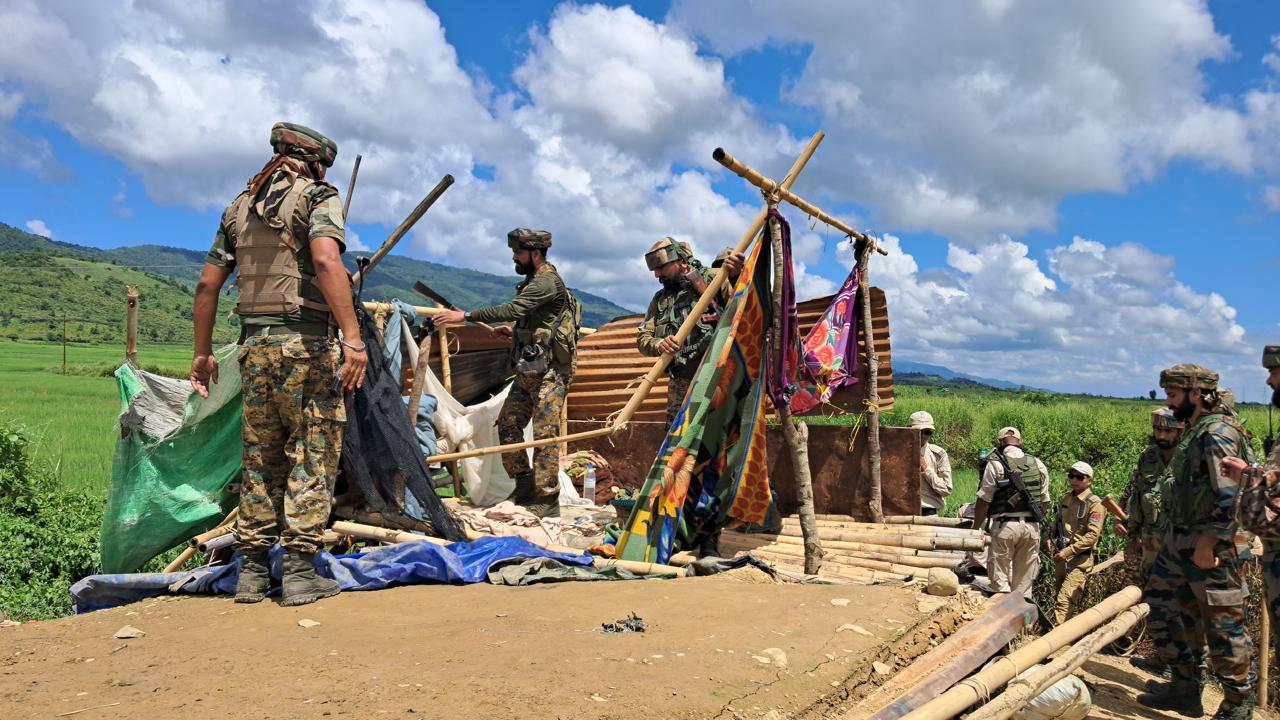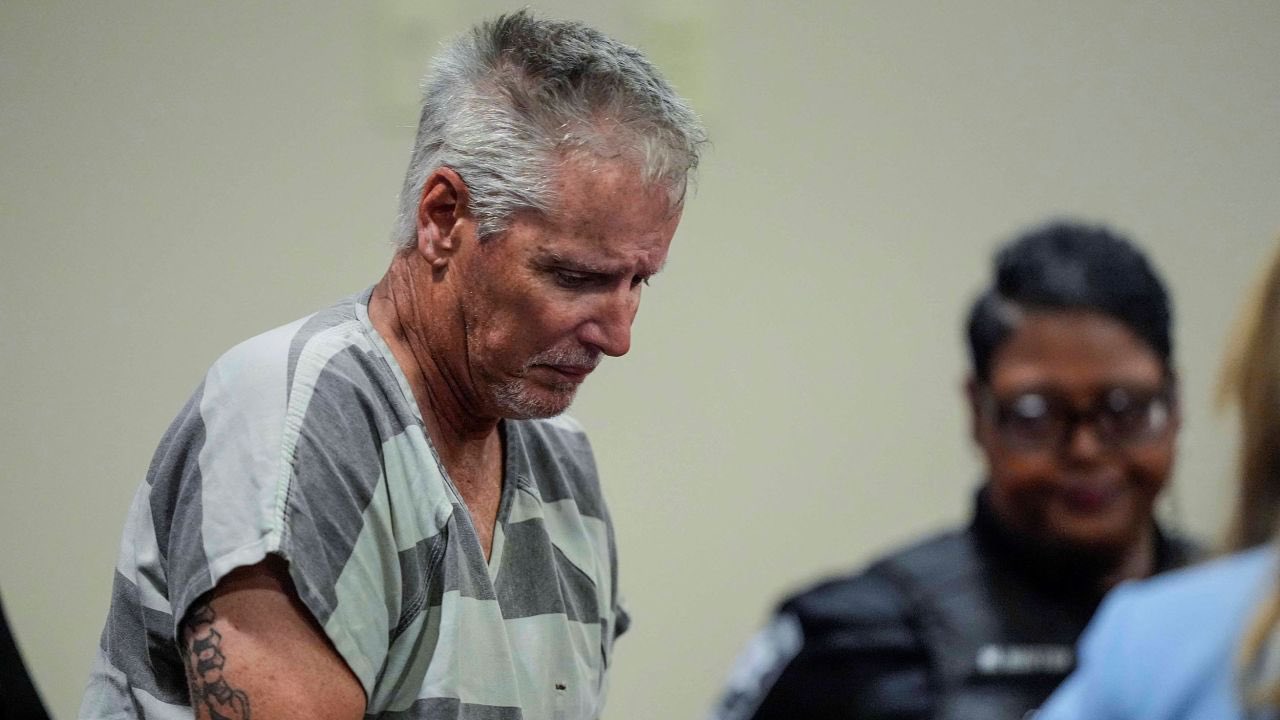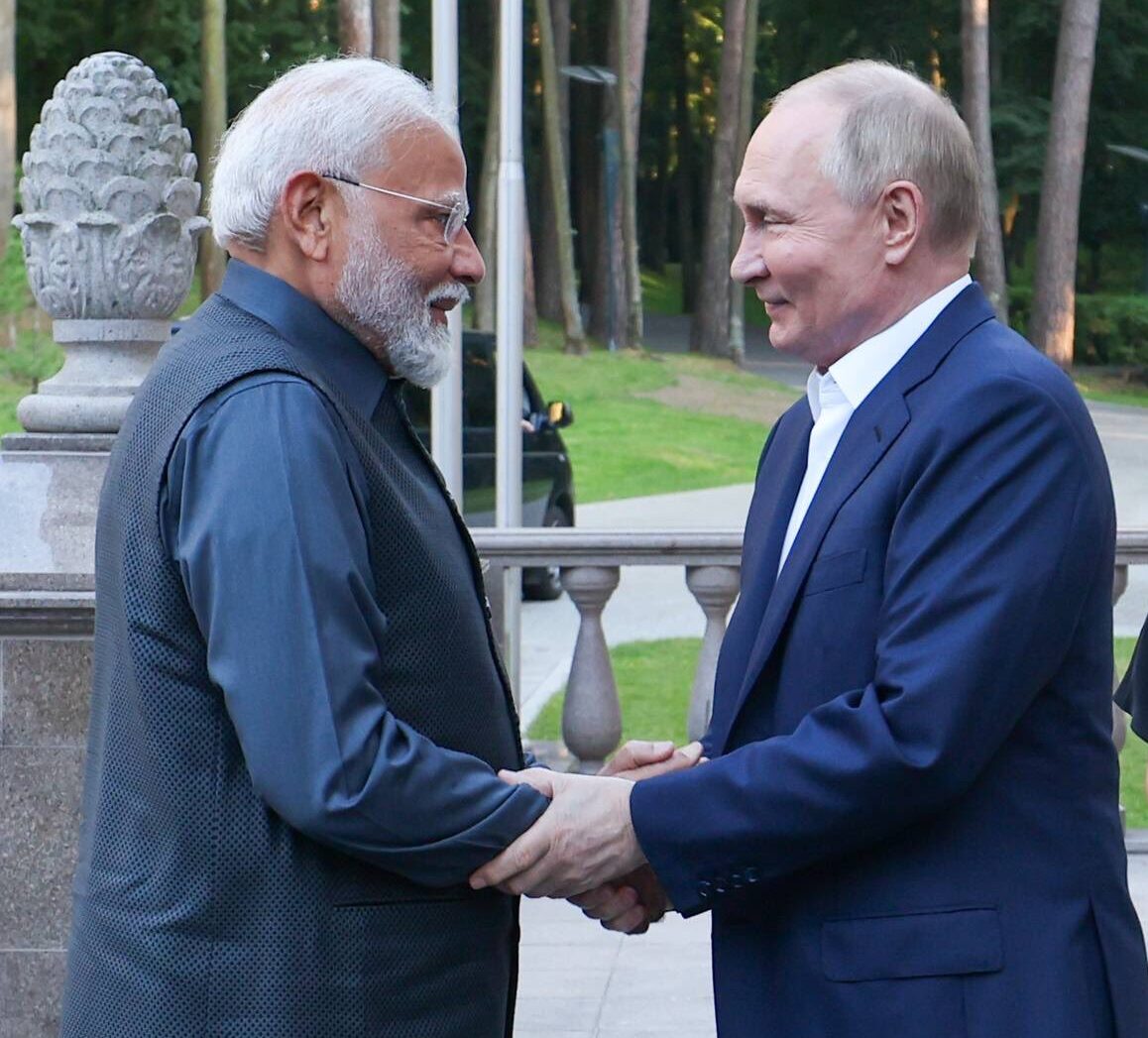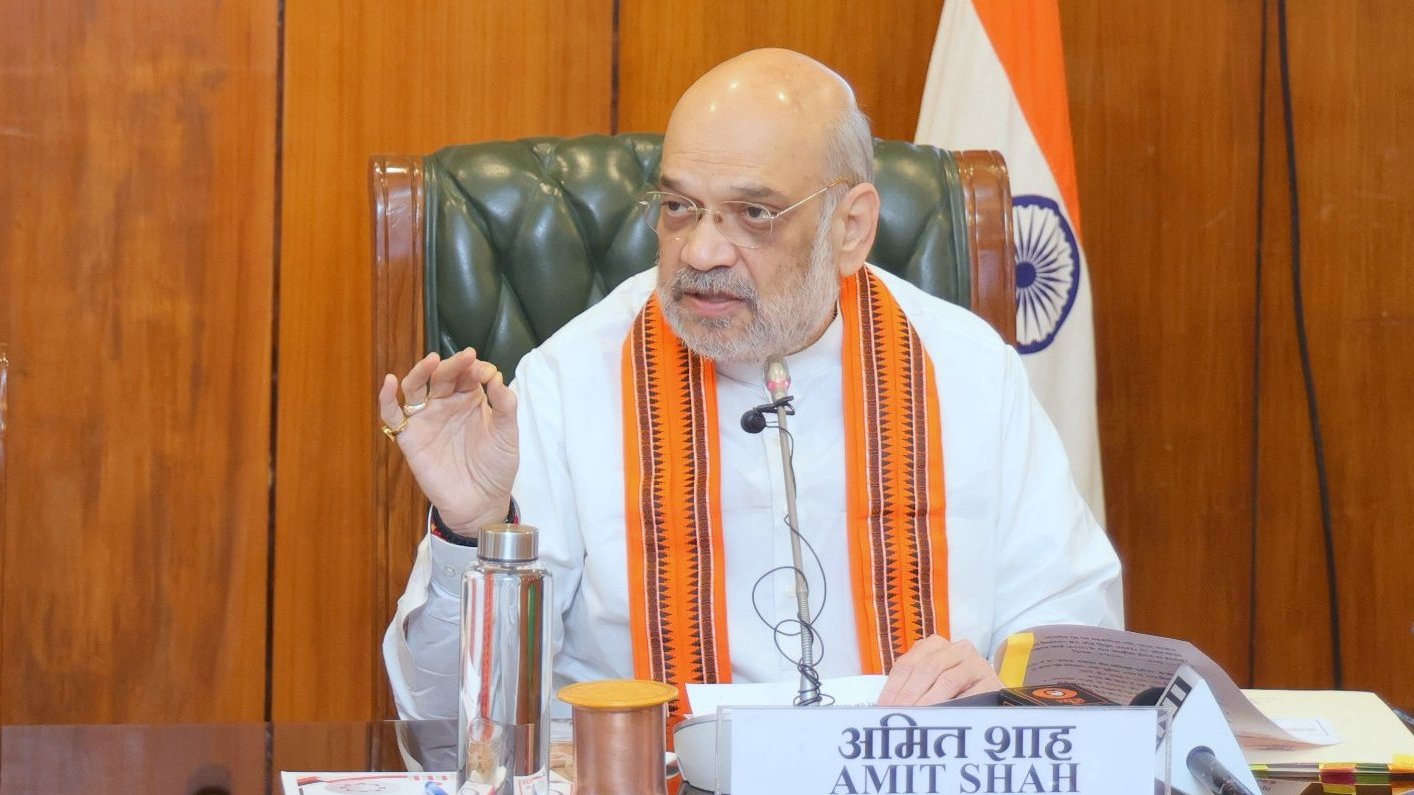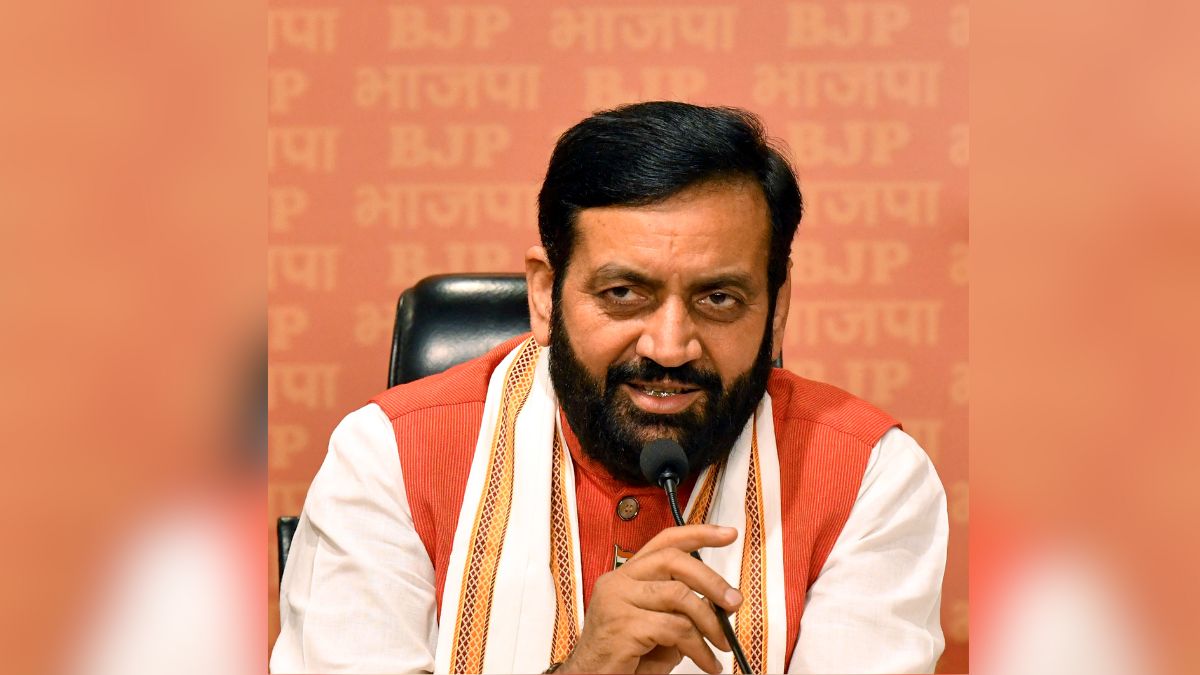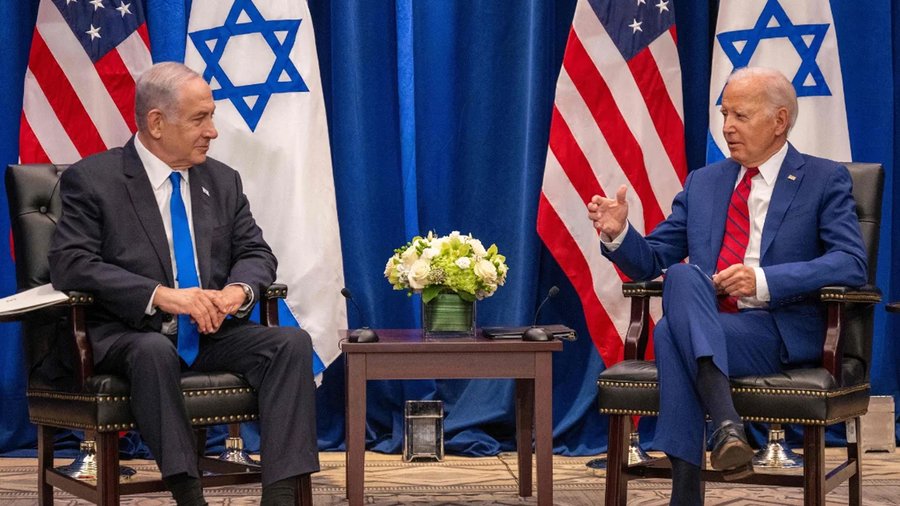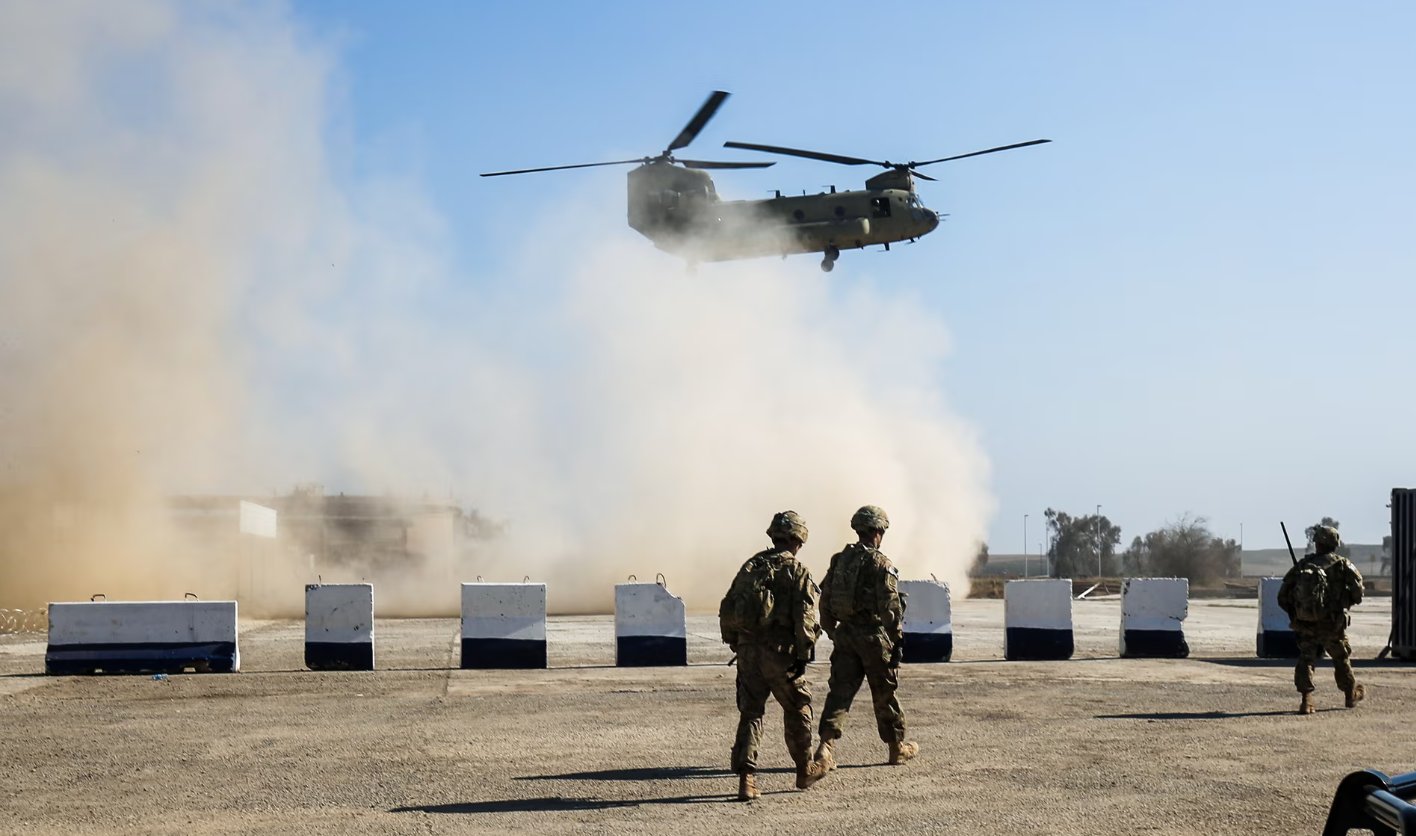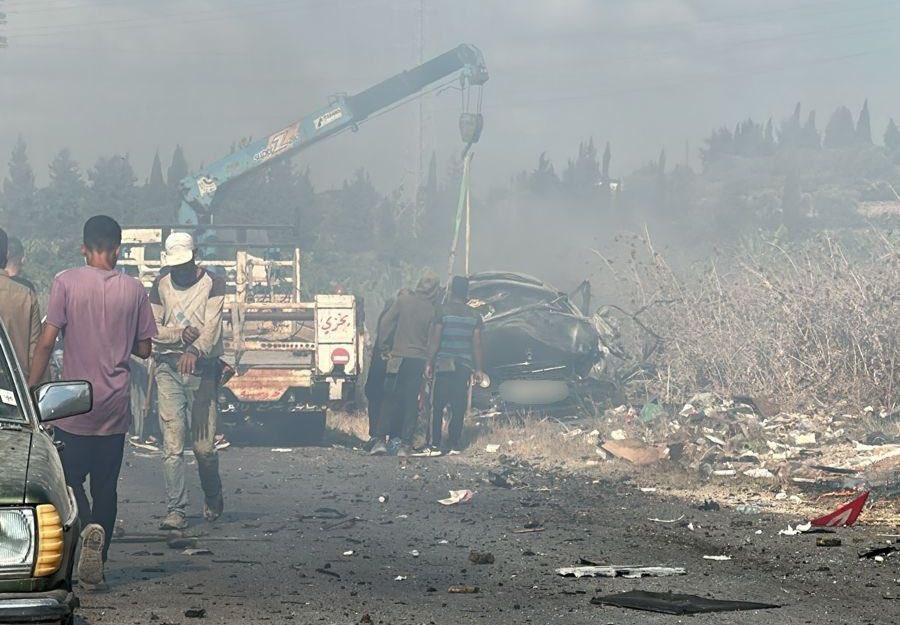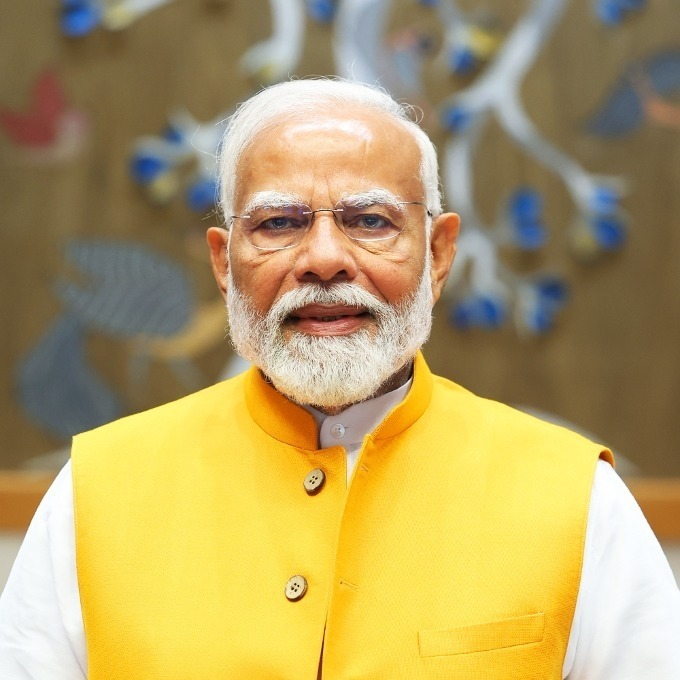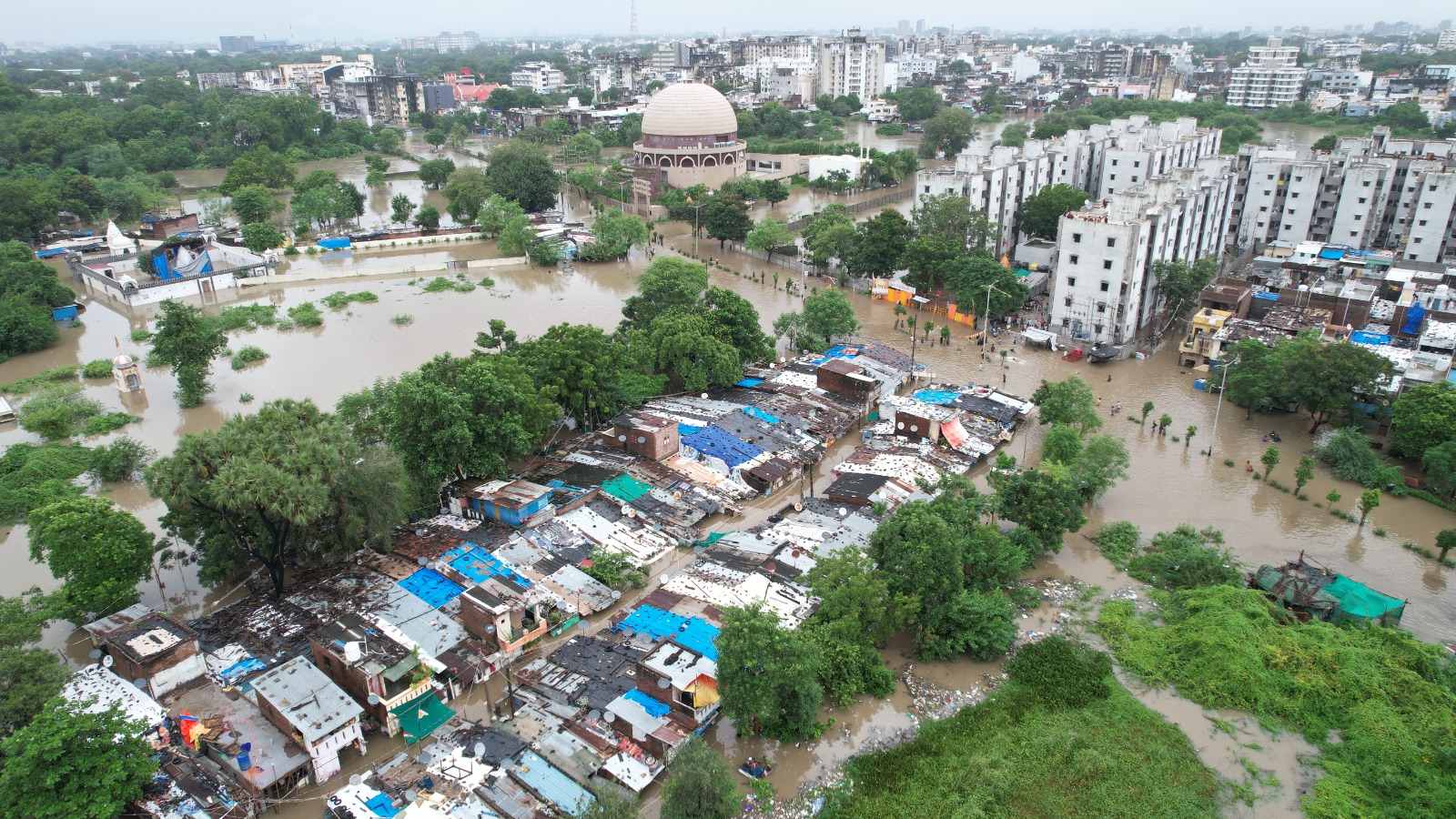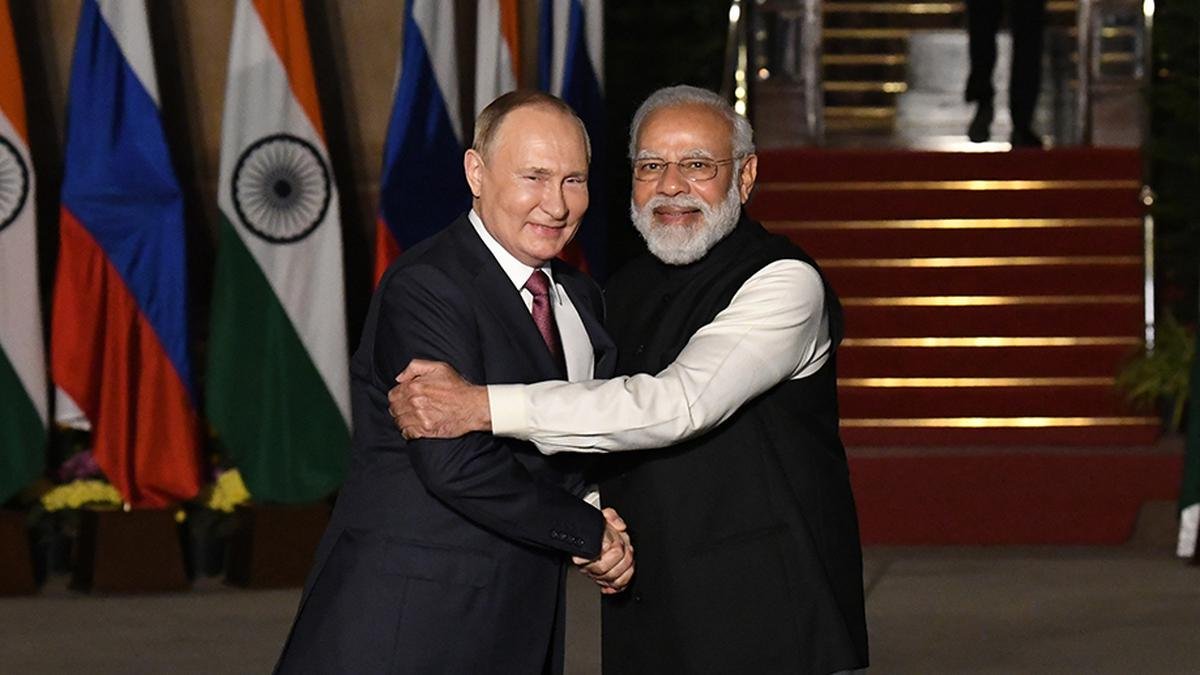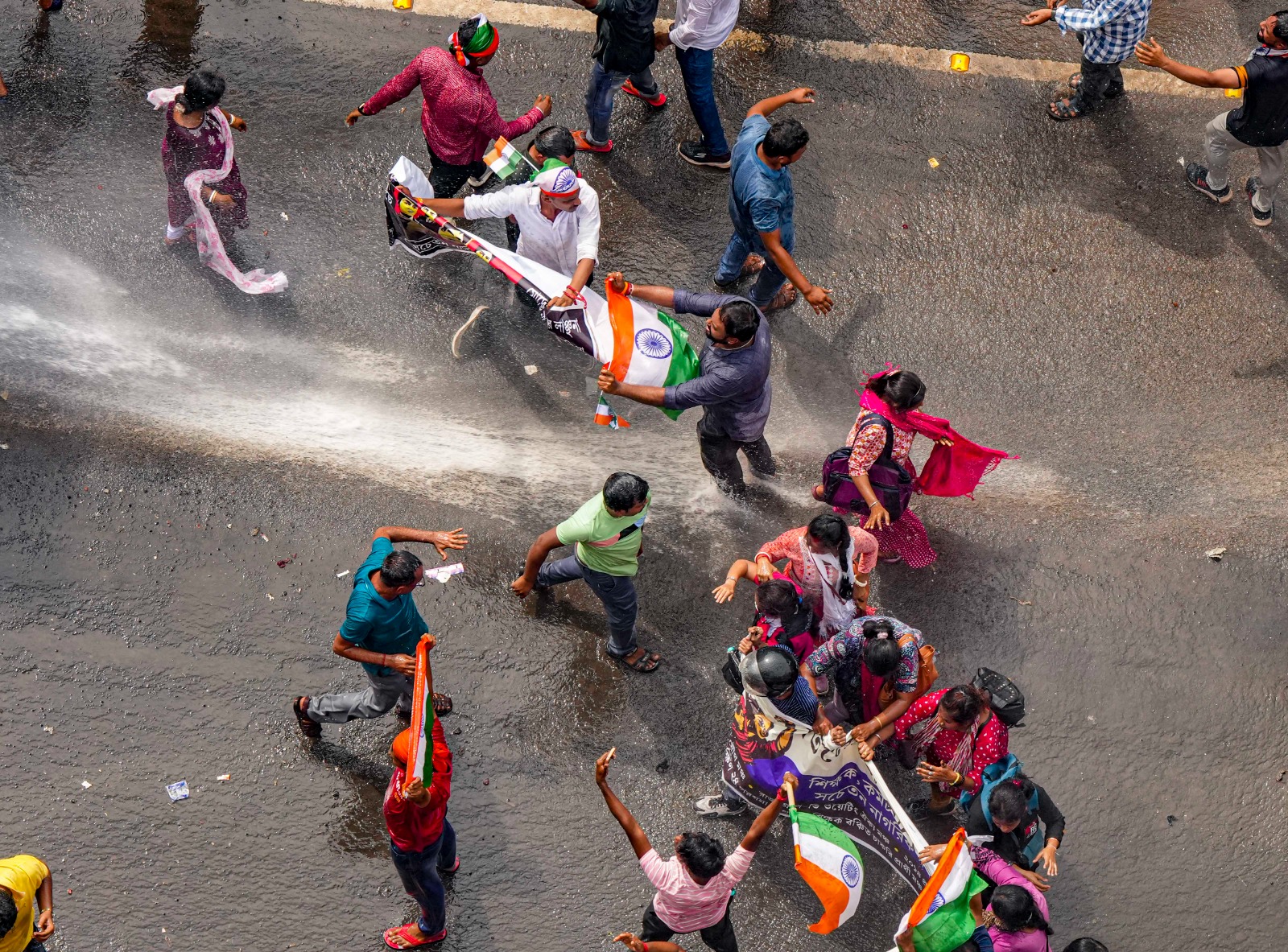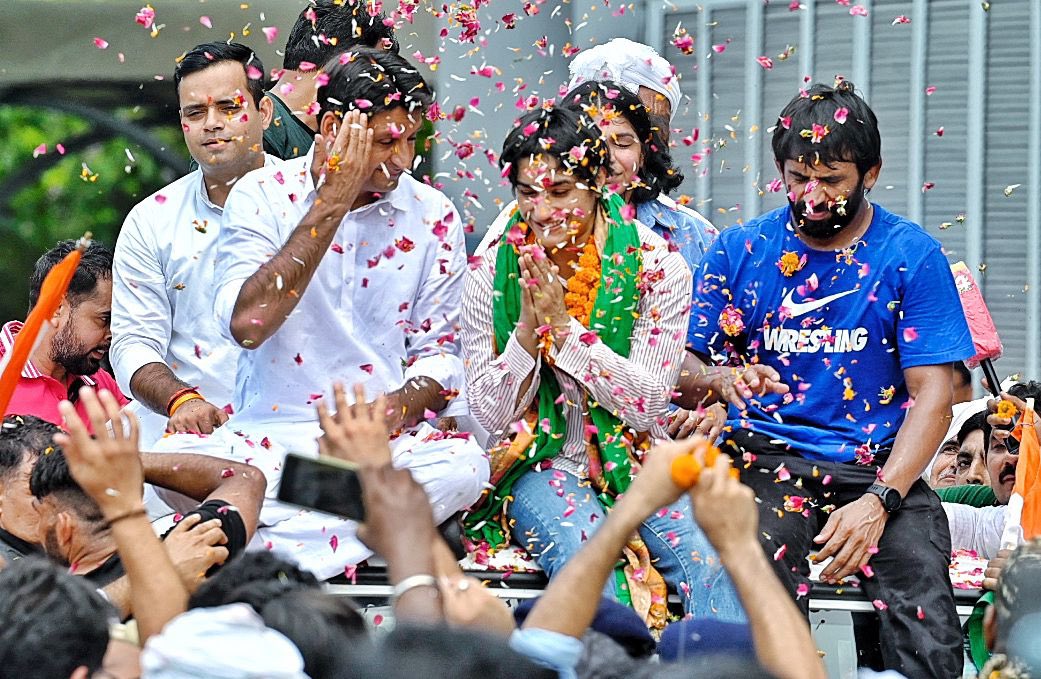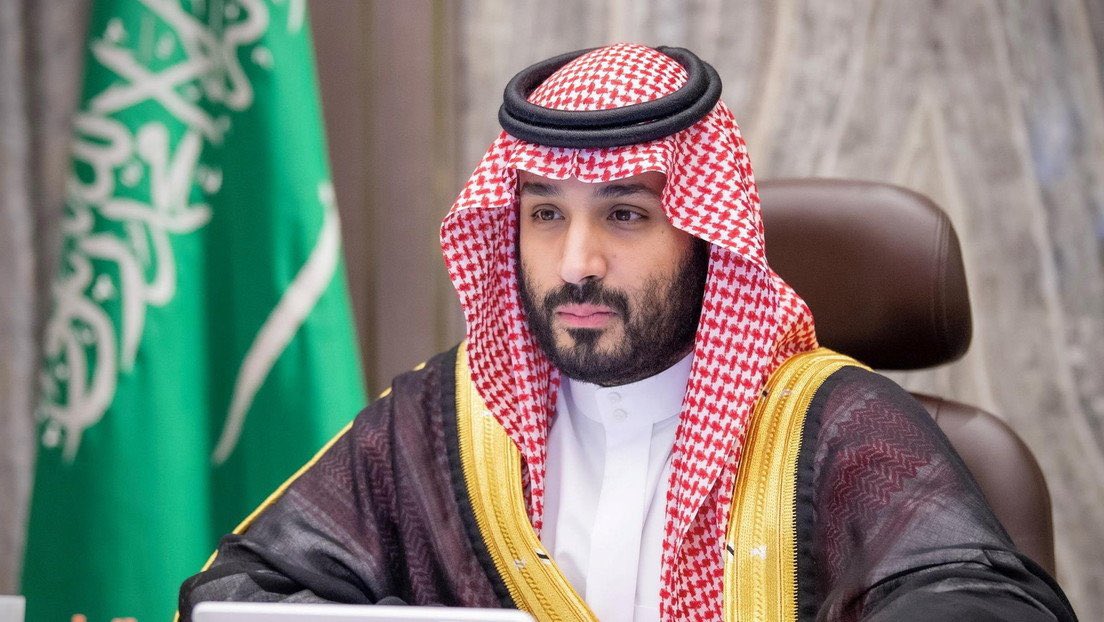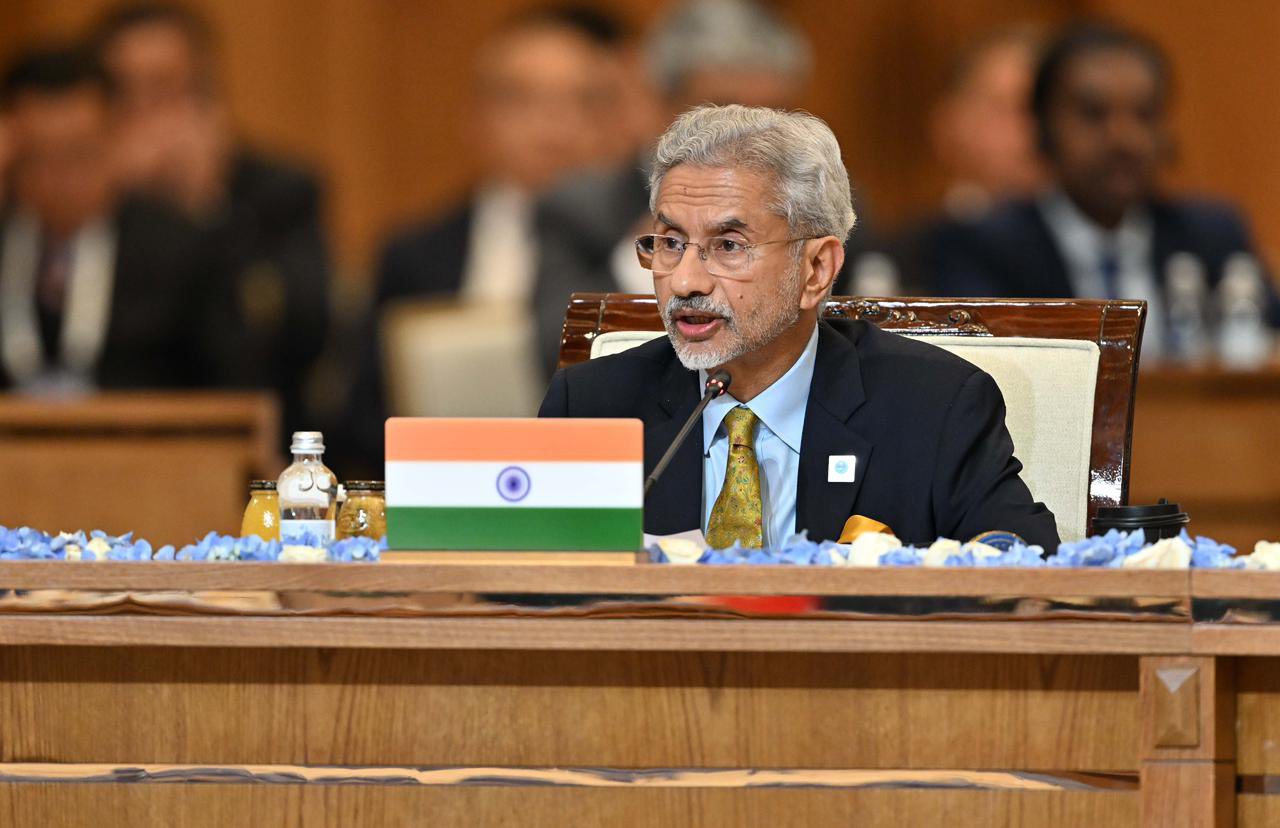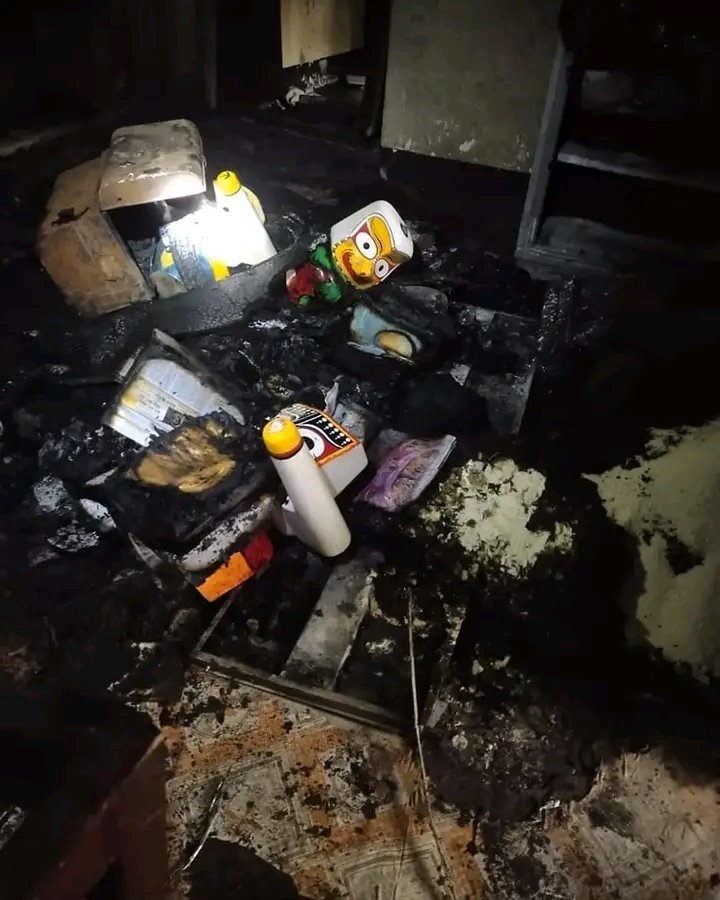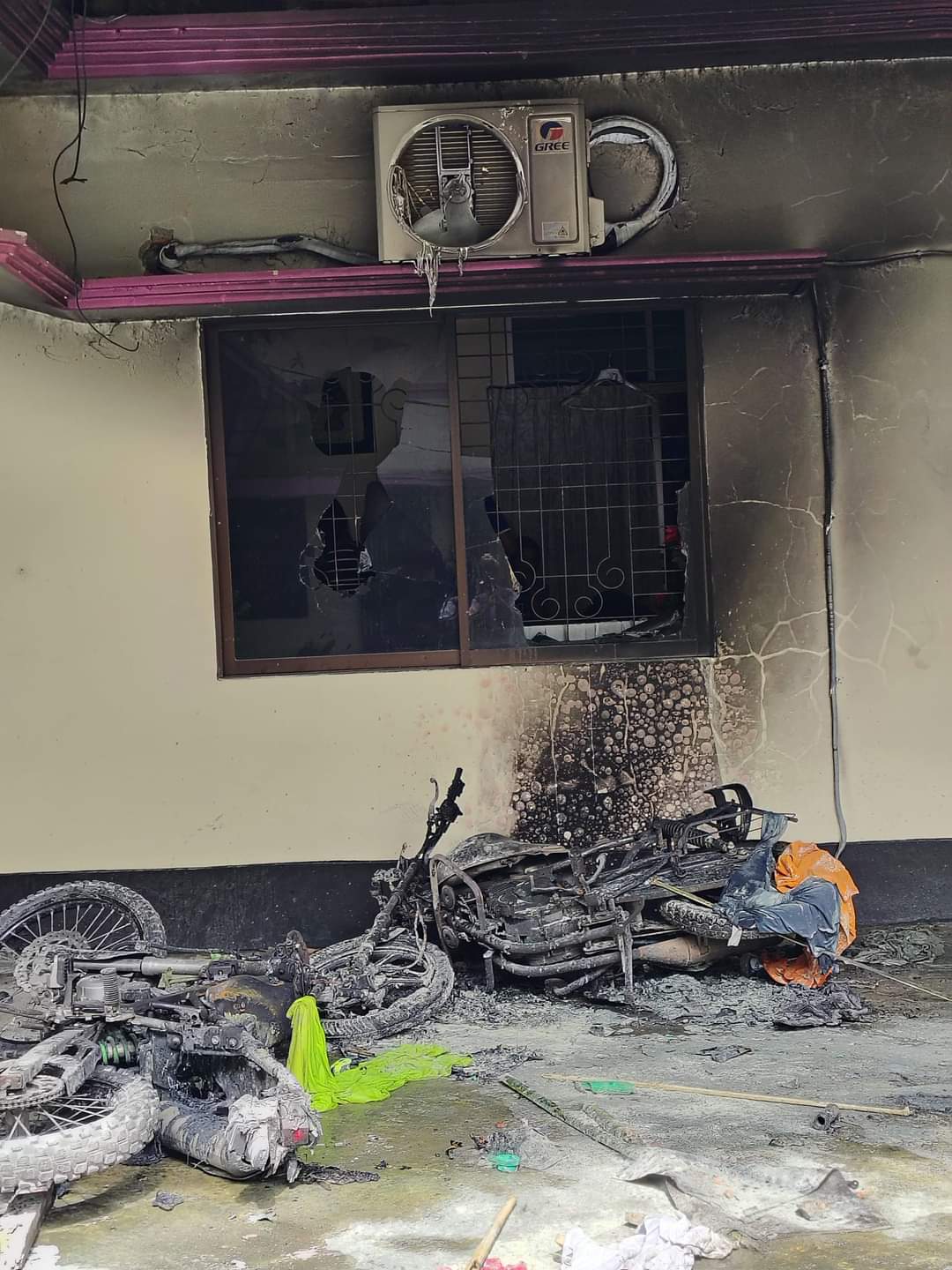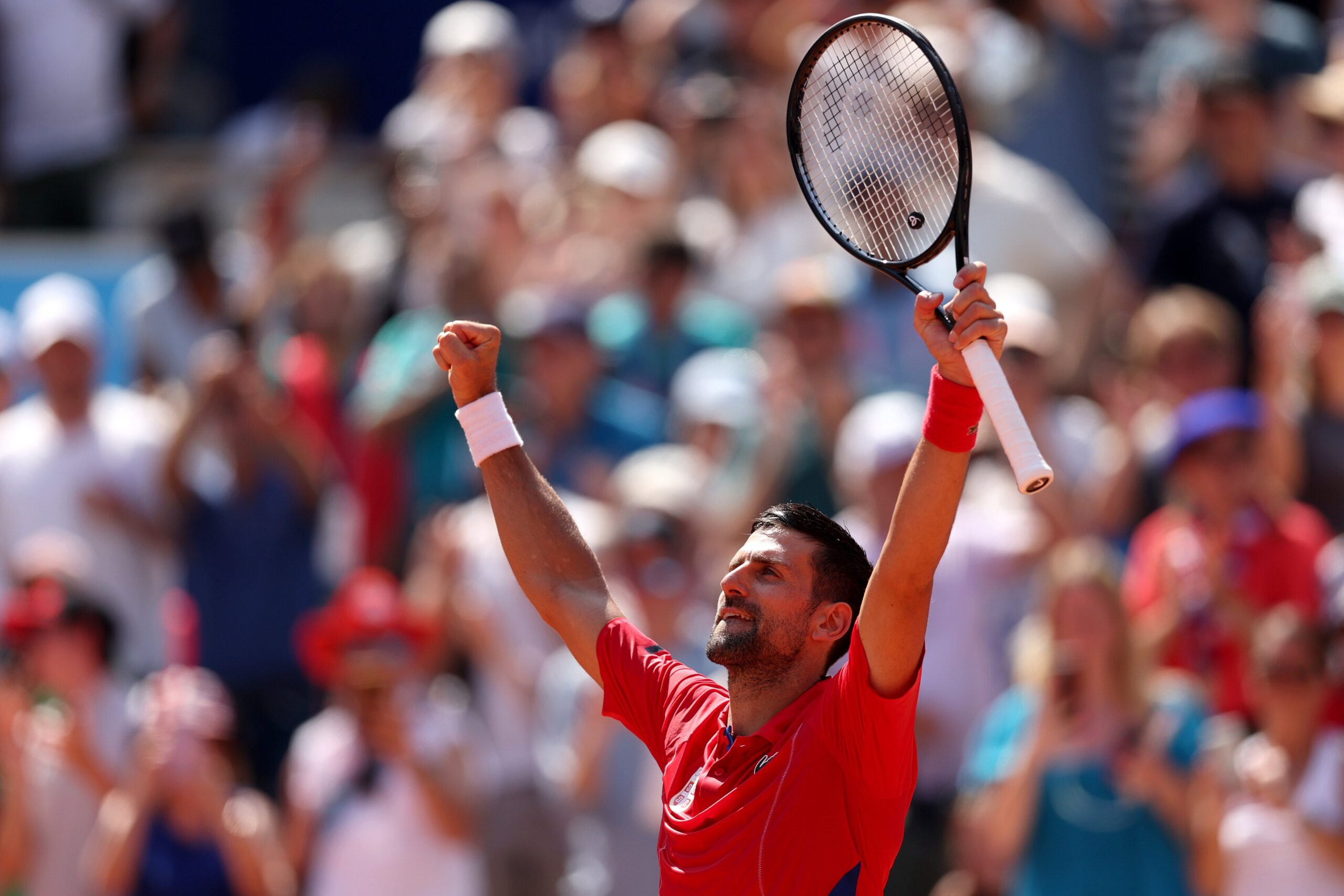Russia has launched another devastating wave of air strikes across Ukraine, leading to multiple fatalities and widespread destruction. A day after one of its most extensive air offensives since the invasion, Russian forces targeted Ukraine’s civilian infrastructure and energy facilities in a coordinated assault that has left several cities reeling. The ongoing conflict, which began with Russia’s full-scale invasion of Ukraine in February 2022, shows no sign of abating as the Kremlin intensifies its efforts to regain control.
Fatal Strikes on Kryvyi Rih and Zaporizhzhia
On Monday, Russia targeted the central city of Kryvyi Rih, the home city of Ukrainian President Volodymyr Zelensky. A hotel in the city was struck by a ballistic missile, leading to the tragic deaths of two people – a man and a woman.
Several others were wounded in the attack, while two more individuals remain unaccounted for. This strike has sent shockwaves across the city, which has previously been a strategic target for Russian forces due to its significance as President Zelensky’s birthplace.
Simultaneously, the southeastern Zaporizhzhia region faced a series of drone strikes that claimed the lives of two more civilians and left four others wounded. Ivan Fedorov, head of the Zaporizhzhia regional administration, confirmed the fatalities, expressing concerns about the increasing intensity of Russian drone attacks. The region has become a focal point of the conflict, given its proximity to the Zaporizhzhia Nuclear Power Plant, one of Europe’s largest nuclear facilities.
Widespread Attacks Across Ukraine
The wave of attacks did not stop there. Throughout Sunday night and into Monday morning, Russia launched a relentless barrage of missiles and drones across more than half of Ukraine’s regions. Explosions were reported in the capital city of Kyiv as well as in Sumy, Khmelnytsky, Mykolayiv, and Lviv. Ukrainian air force officials reported that they had intercepted and shot down five Russian missiles and 60 drones during the assault. However, the sheer volume of the attacks overwhelmed air defense systems in many regions, resulting in significant casualties and extensive damage to civilian infrastructure.
At least six people lost their lives overnight, and dozens more were injured. The attacks also targeted Ukraine’s power infrastructure, leading to widespread blackouts in major cities. Several regions reported disruptions to water supplies, compounding the challenges faced by civilians already struggling with the effects of the ongoing war.
Russia’s Precision Weaponry Targets Energy Infrastructure
In a statement released by Russia’s defense ministry, the Kremlin confirmed that its long-range air and sea-based precision weaponry had been used to strike key power stations and related infrastructure across Ukraine. Russian forces claimed that the attacks had hit targets in major cities, including Kyiv, Lviv, Kharkiv, and the Odesa region. Moscow has been relentless in targeting Ukraine’s energy infrastructure since the onset of the war, using these strikes to cripple the country’s energy grid, particularly during the colder months.
As a result of these targeted strikes, millions of Ukrainians are facing power outages, with energy companies scrambling to restore services in the aftermath of each attack. The latest wave of missile and drone strikes has renewed concerns about Ukraine’s ability to maintain essential services, particularly as the country heads toward winter.
International Condemnation
The international community swiftly condemned Russia’s latest wave of attacks on Ukrainian civilians and infrastructure. US President Joe Biden called the strikes “outrageous,” reaffirming Washington’s commitment to supporting Ukraine’s energy grid. He emphasized that the United States would continue to provide assistance to help Ukraine weather these targeted assaults on its power infrastructure.
In the United Kingdom, Foreign Secretary David Lammy also condemned the attacks, describing Russia’s missile and drone strikes on civilian infrastructure as “cowardly” and calling for continued support for Ukraine’s defense efforts. The UK has been a key ally of Ukraine throughout the conflict, providing military aid, humanitarian assistance, and diplomatic support in the face of Russian aggression.
Hypersonic Missiles and Renewed Air Campaign
One of the most concerning developments in this latest round of attacks is Russia’s use of hypersonic missiles. Ukrainian monitors detected the launch of several Kinzhal (dagger) ballistic missiles, which are capable of traveling at extremely high speeds, making them difficult for air defenses to intercept. The Kinzhal missiles have been used by Russia as a tool to assert its technological superiority in the conflict, and their deployment in this latest wave of attacks marks a significant escalation in Moscow’s efforts to undermine Ukraine’s defenses.
In total, Russia launched 10 missiles and 81 drones overnight into Tuesday, according to Ukrainian officials. The scale of the attacks has raised fears that Moscow is attempting to reassert its control over the conflict, particularly after recent Ukrainian gains in Russia’s Kursk region. Ukrainian forces have made significant advances in recent months, pushing back Russian troops and reclaiming territory in several key regions.
Ukraine’s Call for Western Support
In response to the escalating attacks, Ukrainian President Volodymyr Zelensky has called on Western allies to reconsider their rules regarding the use of weapons by Ukrainian forces. While Ukraine has been allowed to use certain Western-supplied weapons to target Russian forces within Ukrainian territory, there are restrictions on the use of long-range weapons that could strike deep into Russian territory.
President Zelensky has urged Western nations, including the United States, the United Kingdom, and France, to change these rules and allow Ukraine to use their weapons to strike at the heart of Russia’s war machine. He emphasized that Ukraine could do much more to protect civilian lives and prevent further attacks if European air forces worked in coordination with Ukraine’s air defense systems.
Russia’s latest wave of deadly strikes on Ukraine marks a significant escalation in the conflict, as Moscow seeks to regain control after recent Ukrainian territorial gains. The attacks on Kryvyi Rih, Zaporizhzhia, and other regions have resulted in numerous casualties, widespread destruction, and renewed concerns about the impact on Ukraine’s energy infrastructure. As the war drags on, international condemnation of Russia’s actions continues to grow, with calls for increased support for Ukraine’s defense efforts.
President Zelensky’s plea for Western allies to allow Ukraine to use their weapons to strike deeper into Russia highlights the ongoing challenges faced by Ukrainian forces as they seek to defend their country against an increasingly aggressive Russian military campaign. The situation remains fluid, with both sides bracing for further escalation as the conflict enters its next phase.







